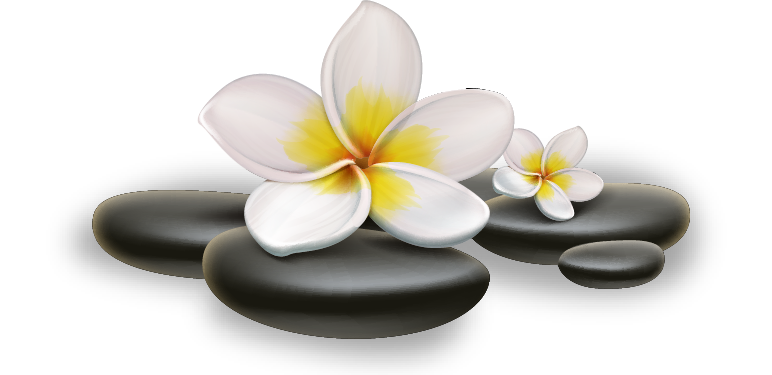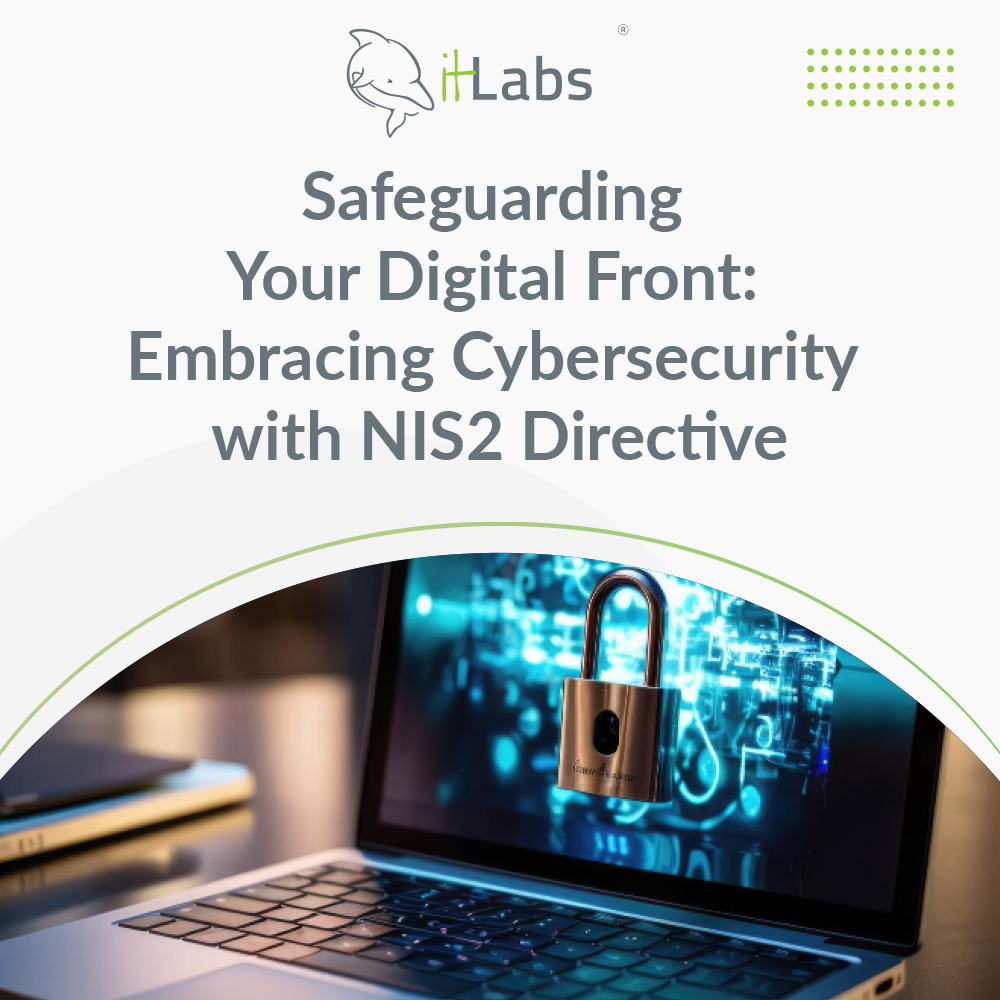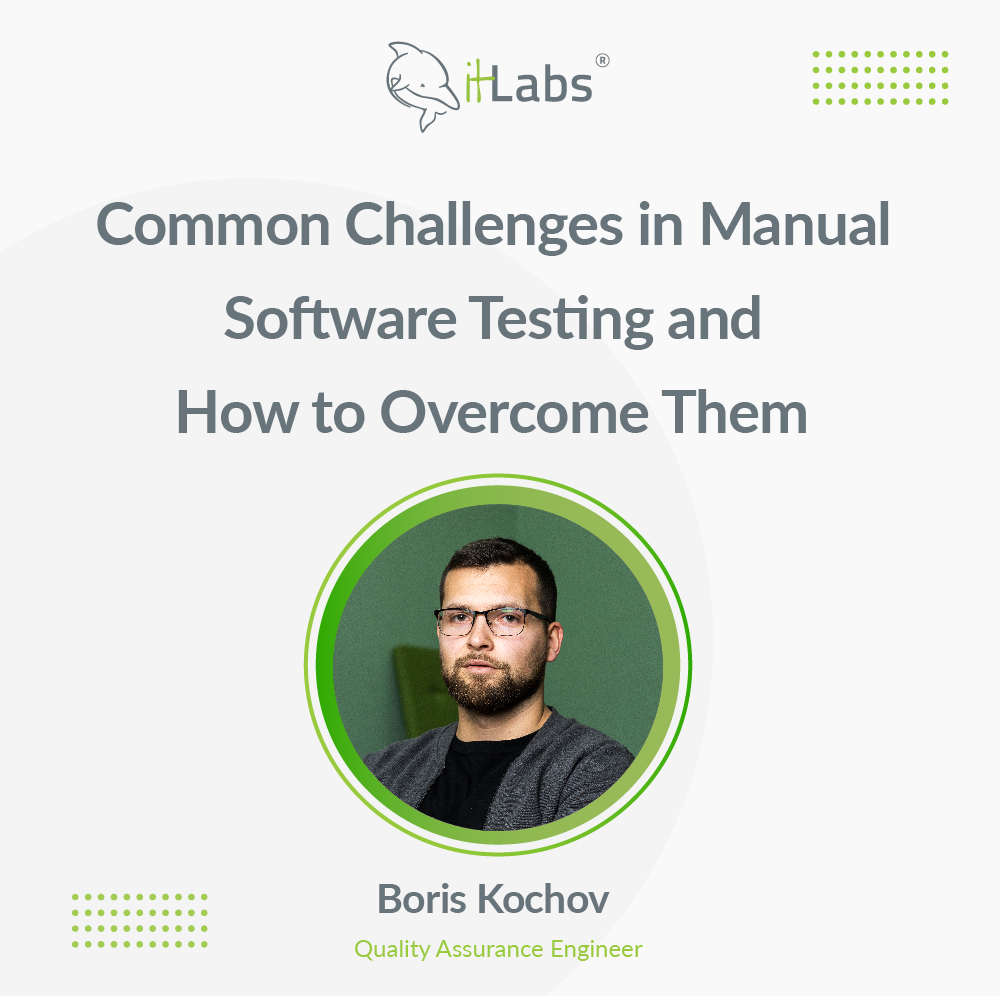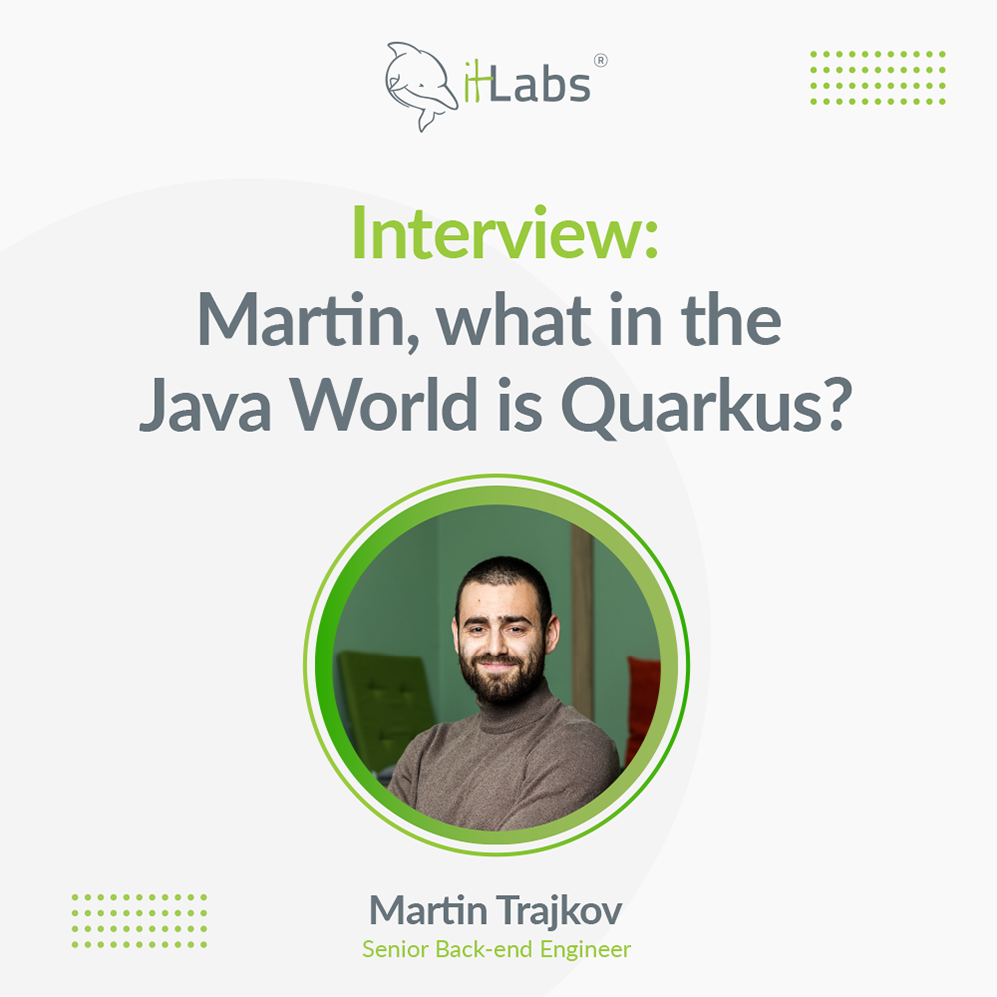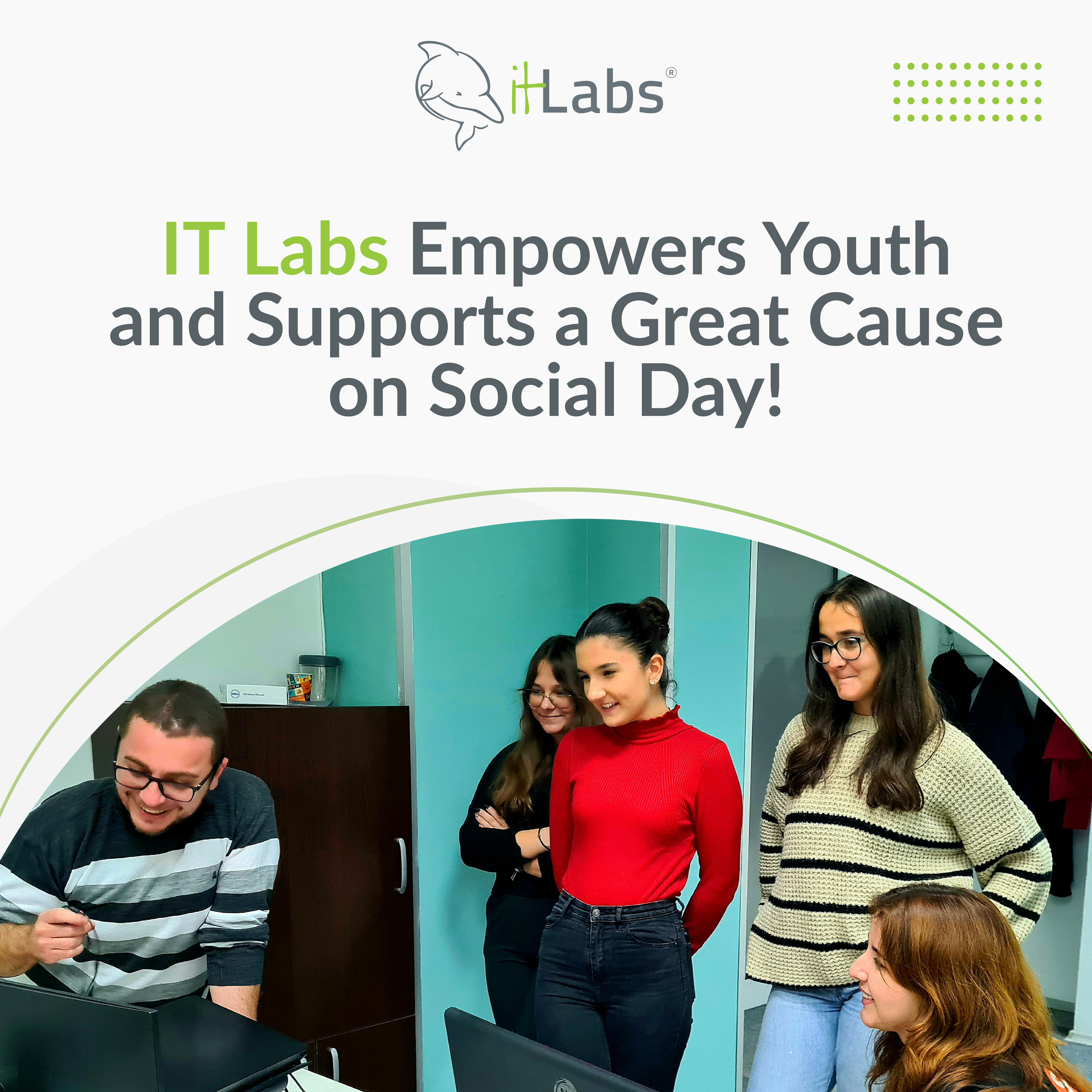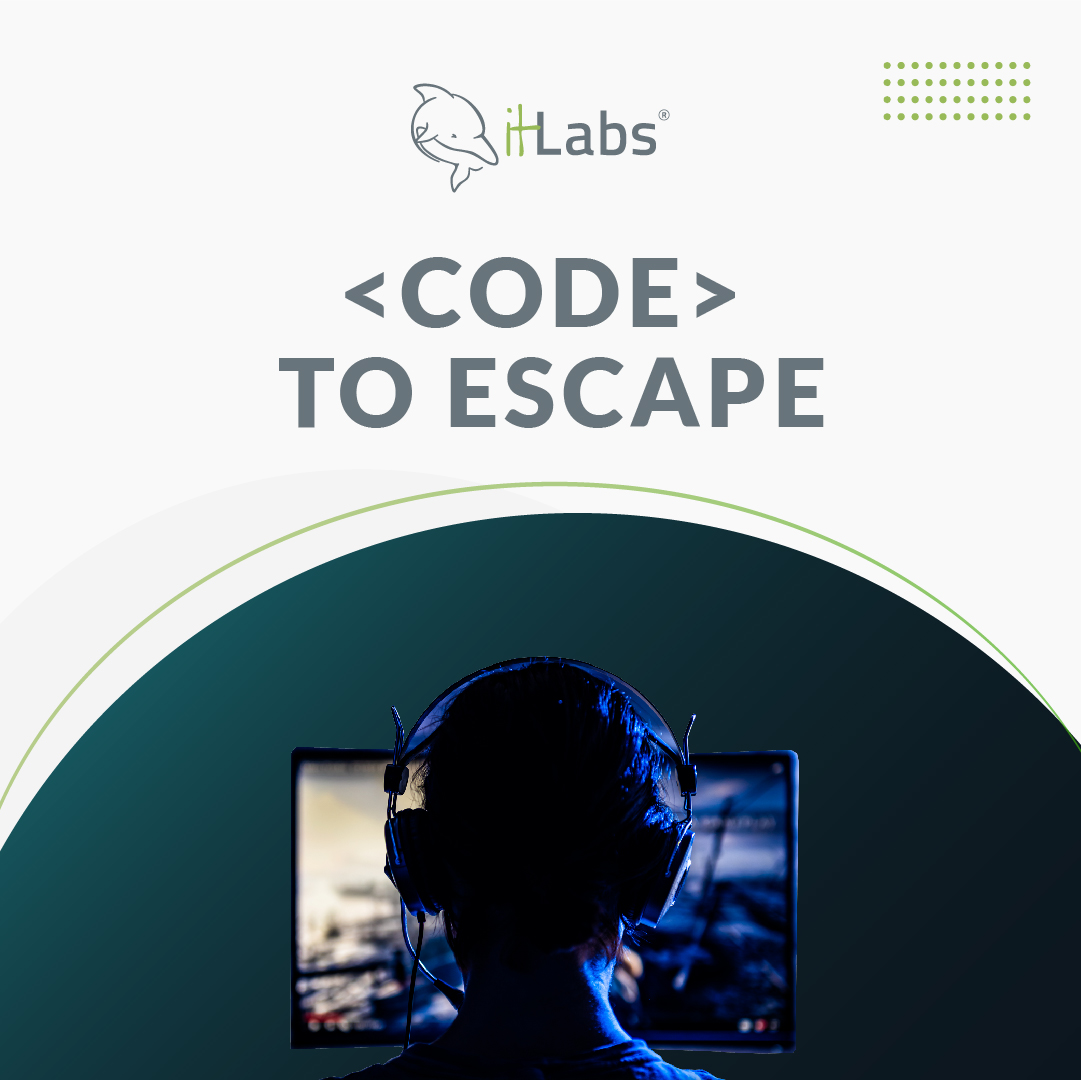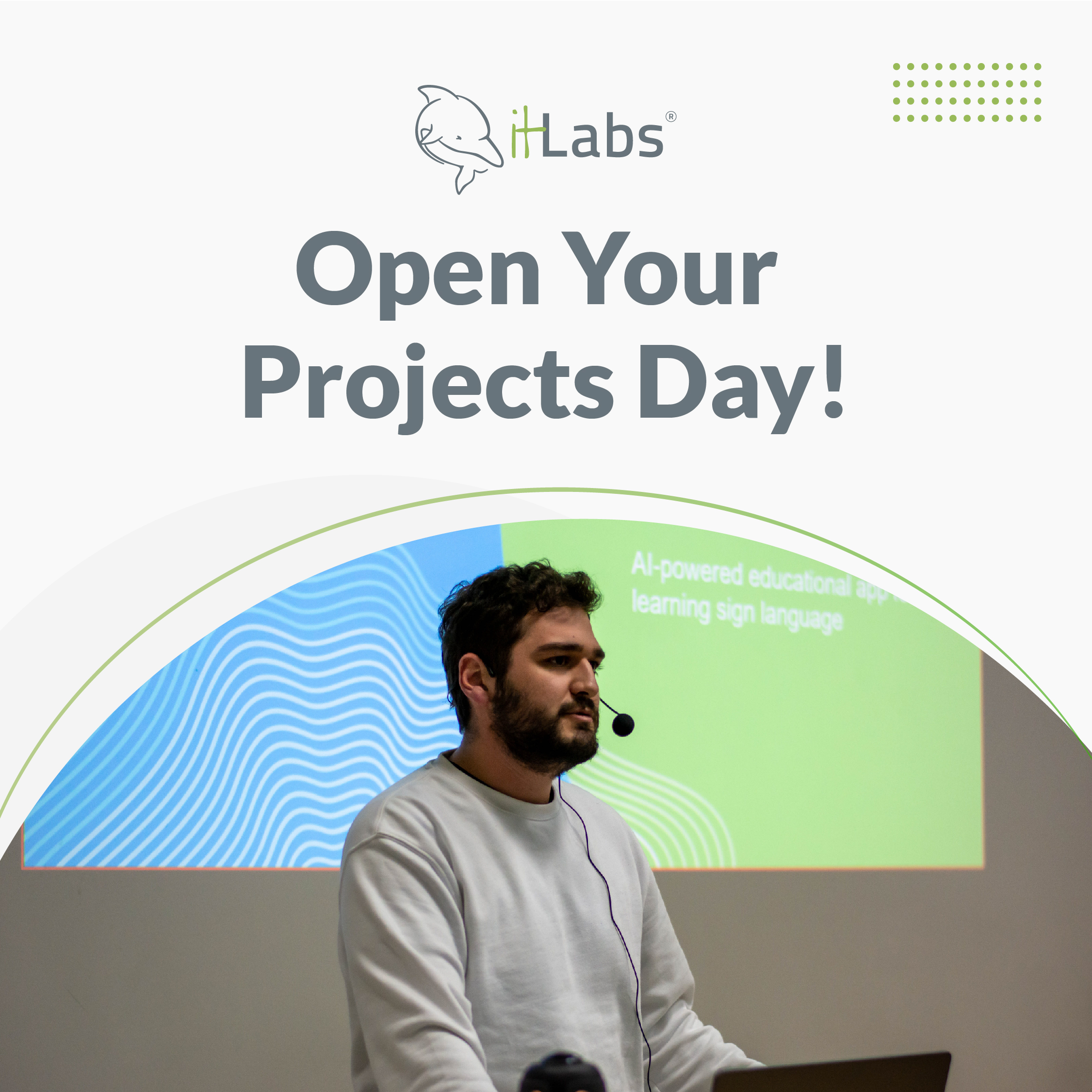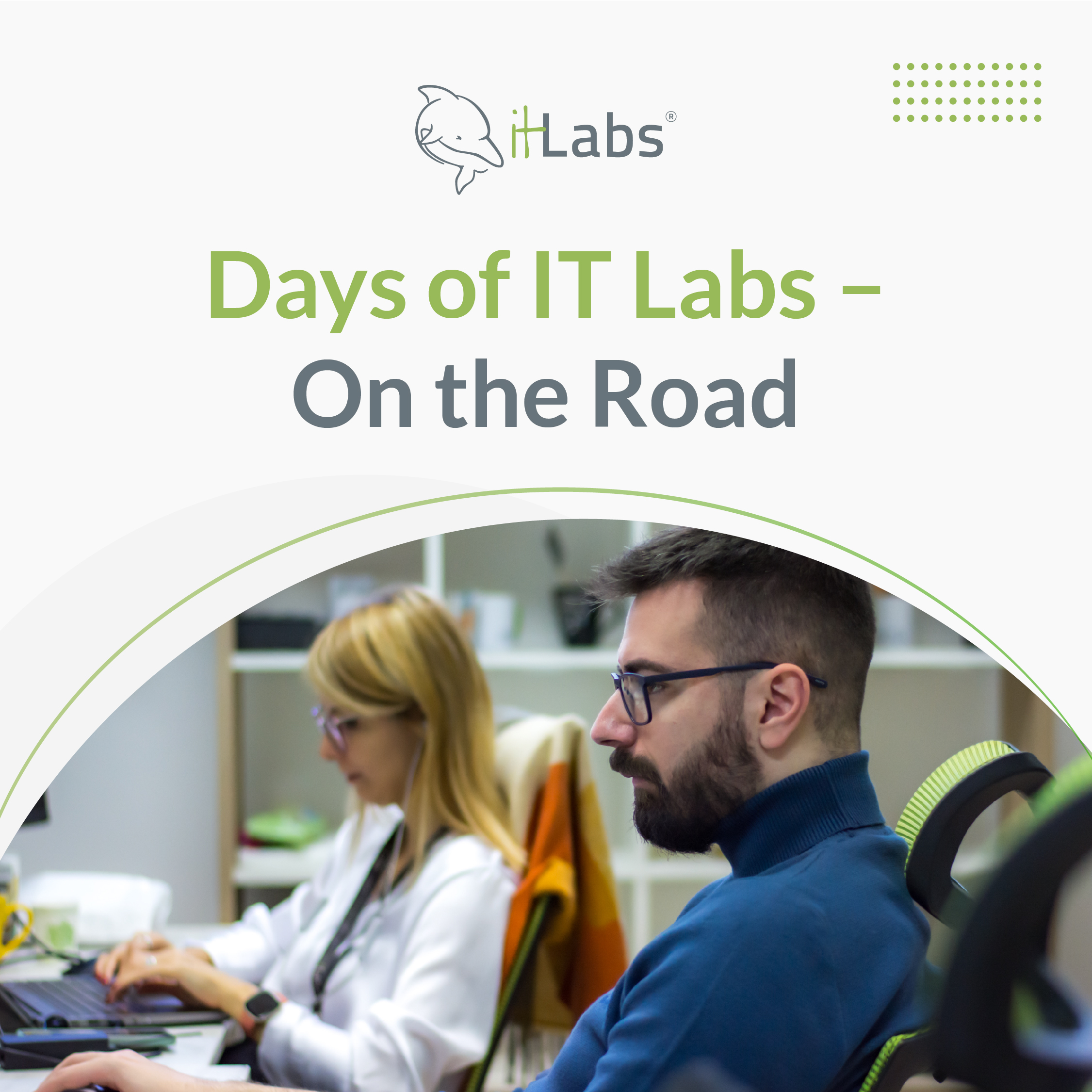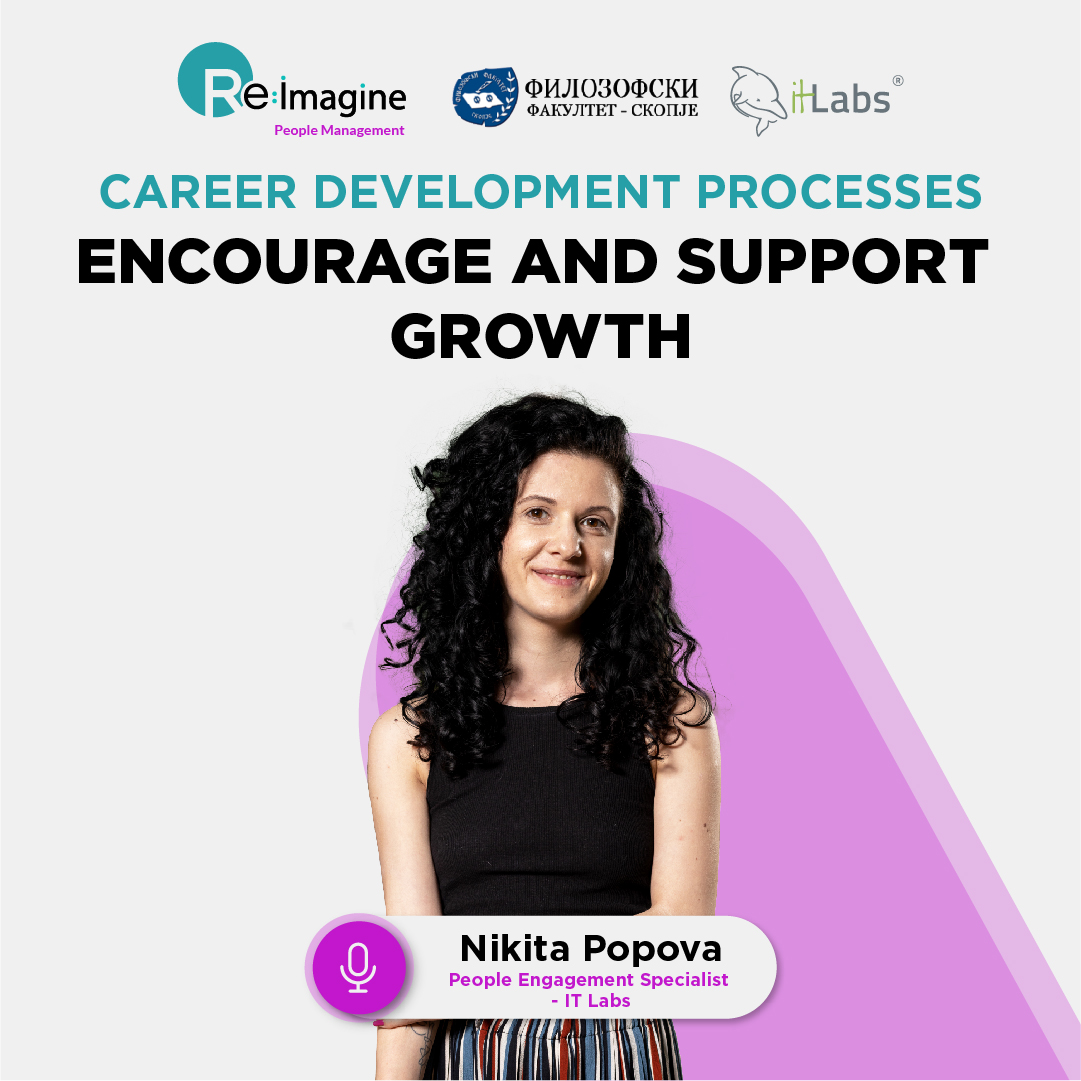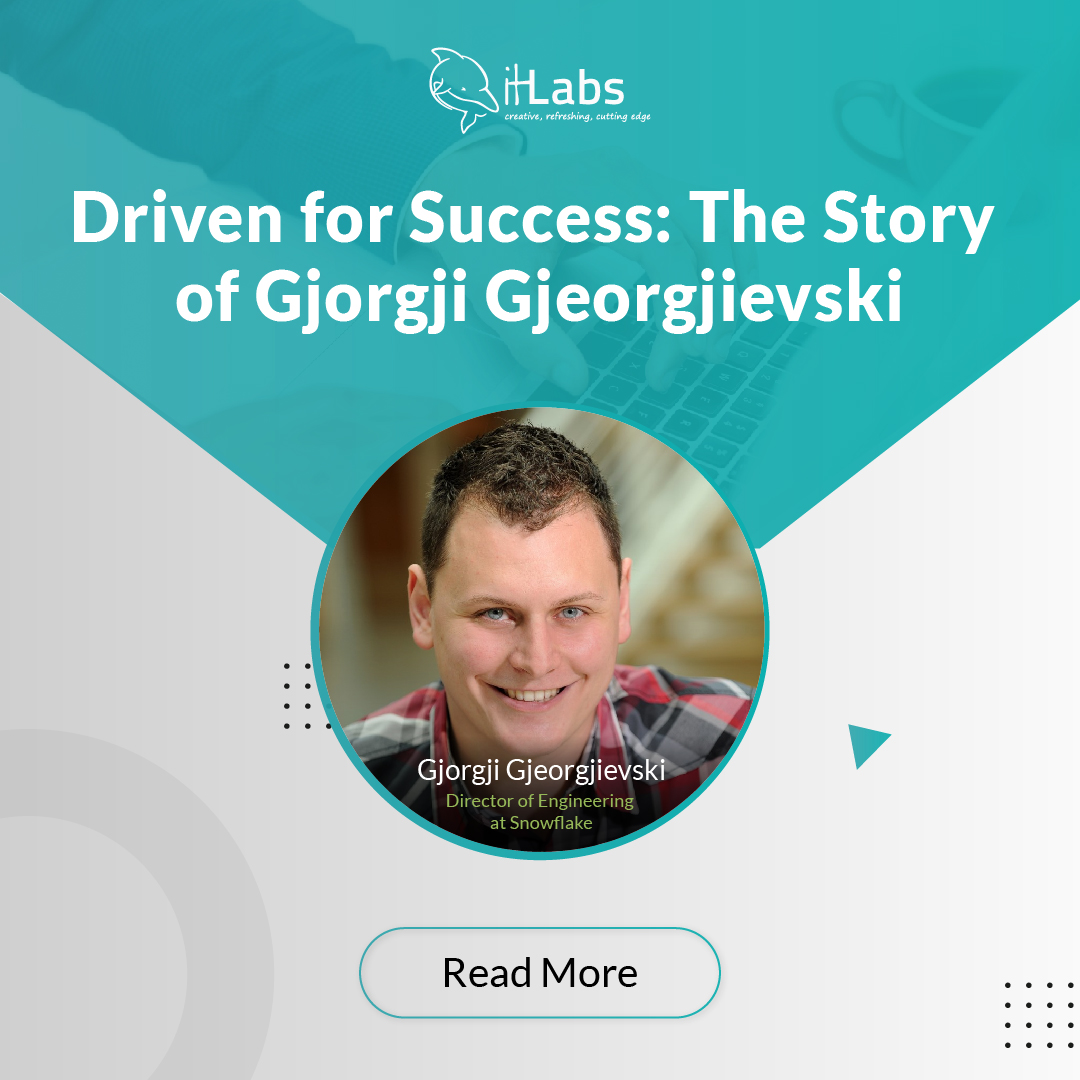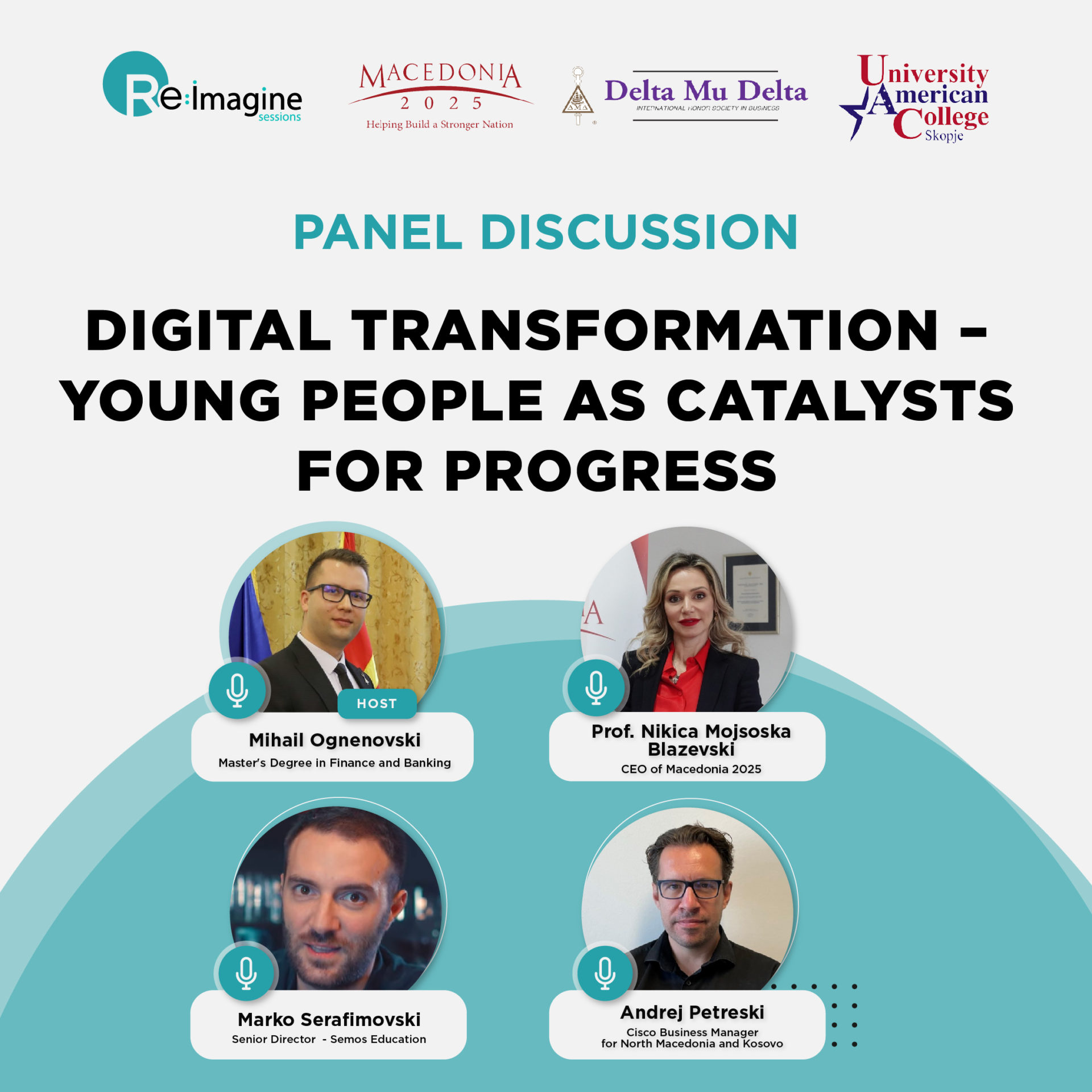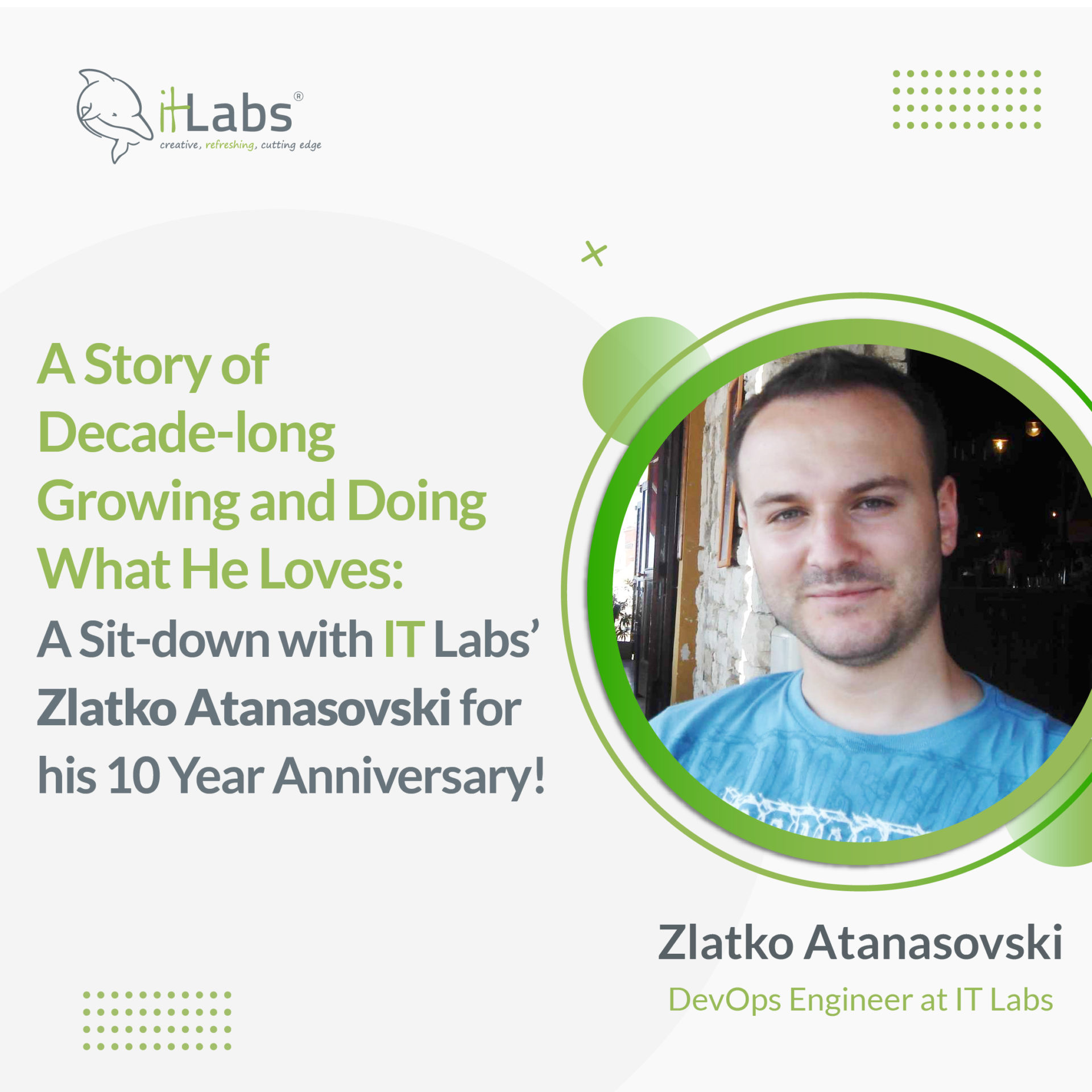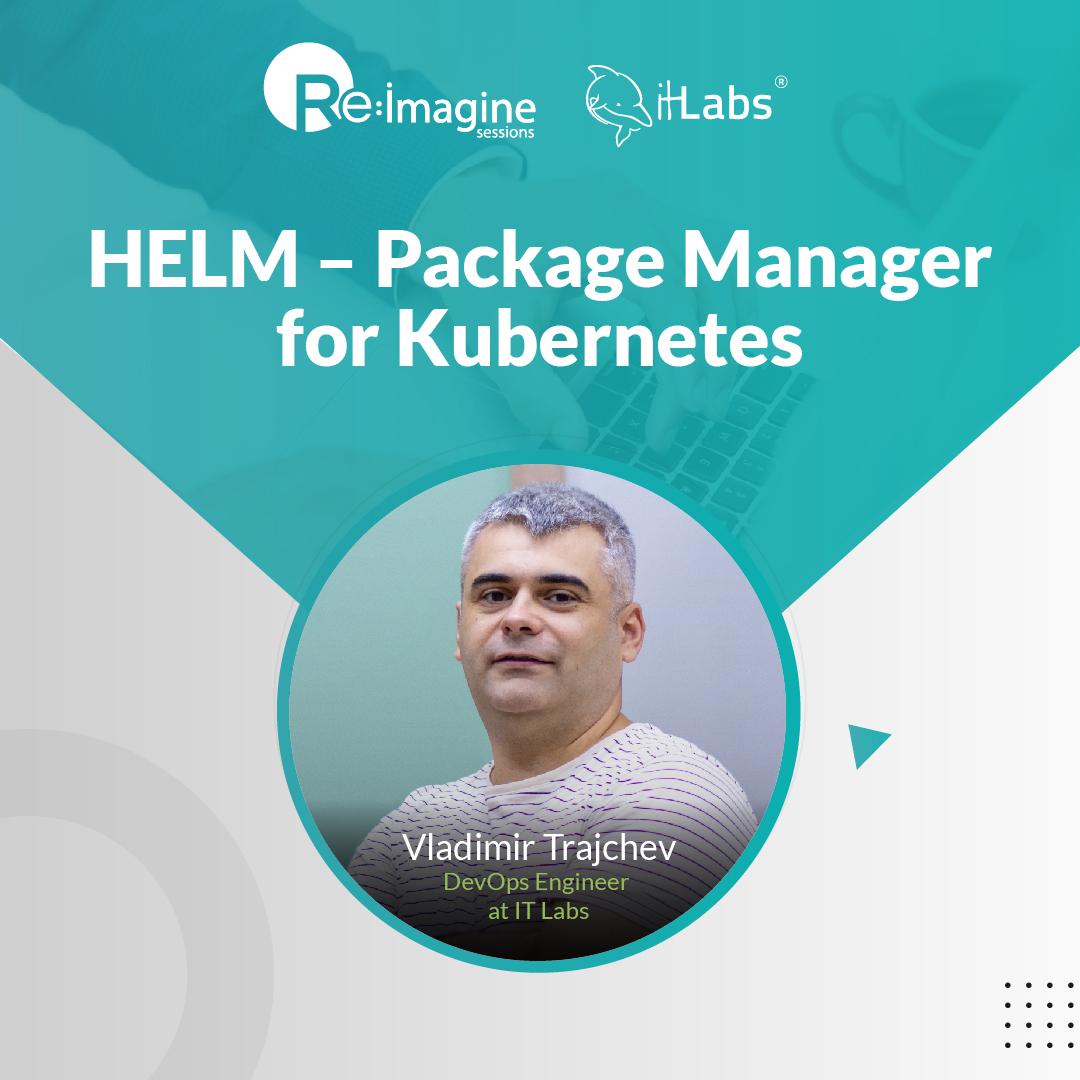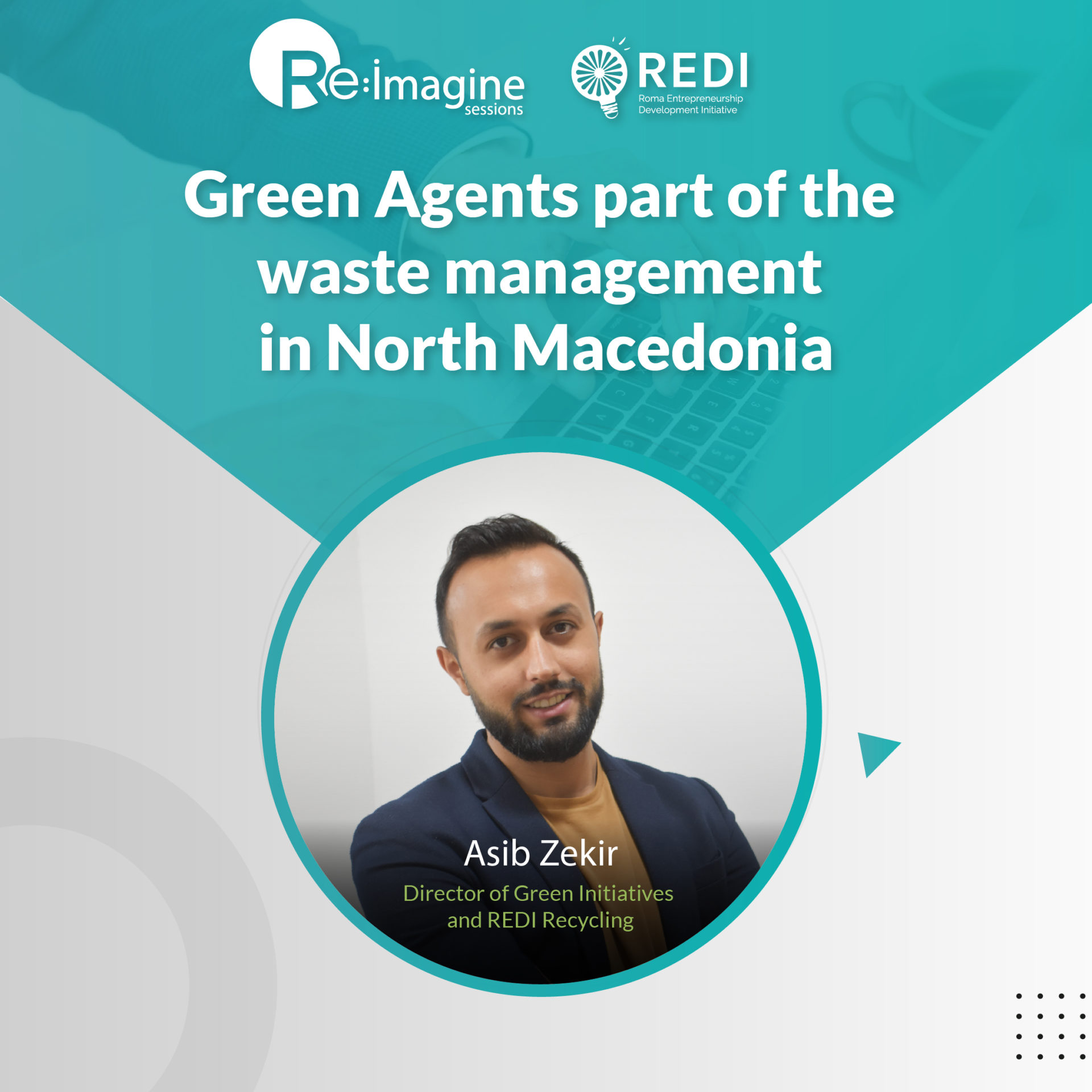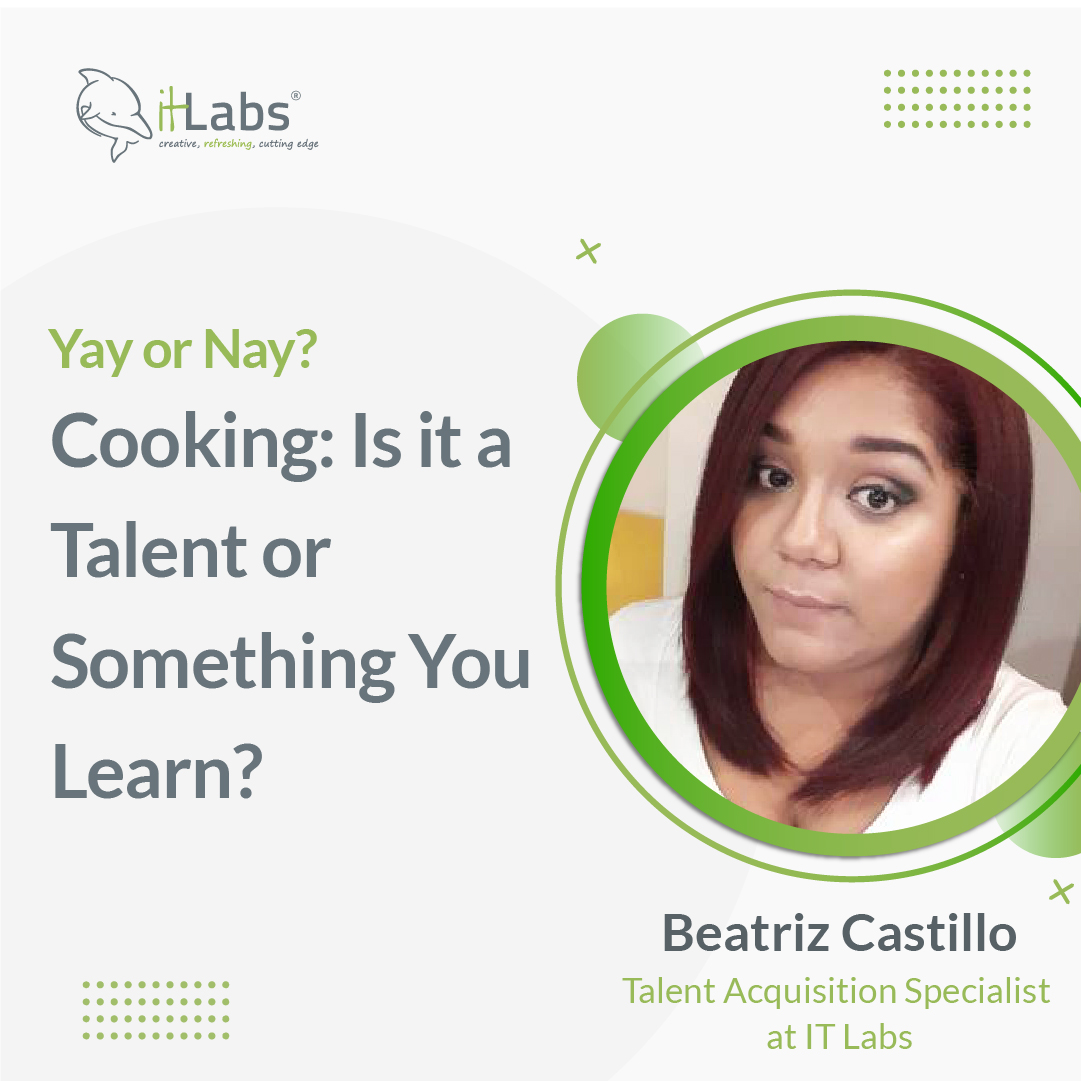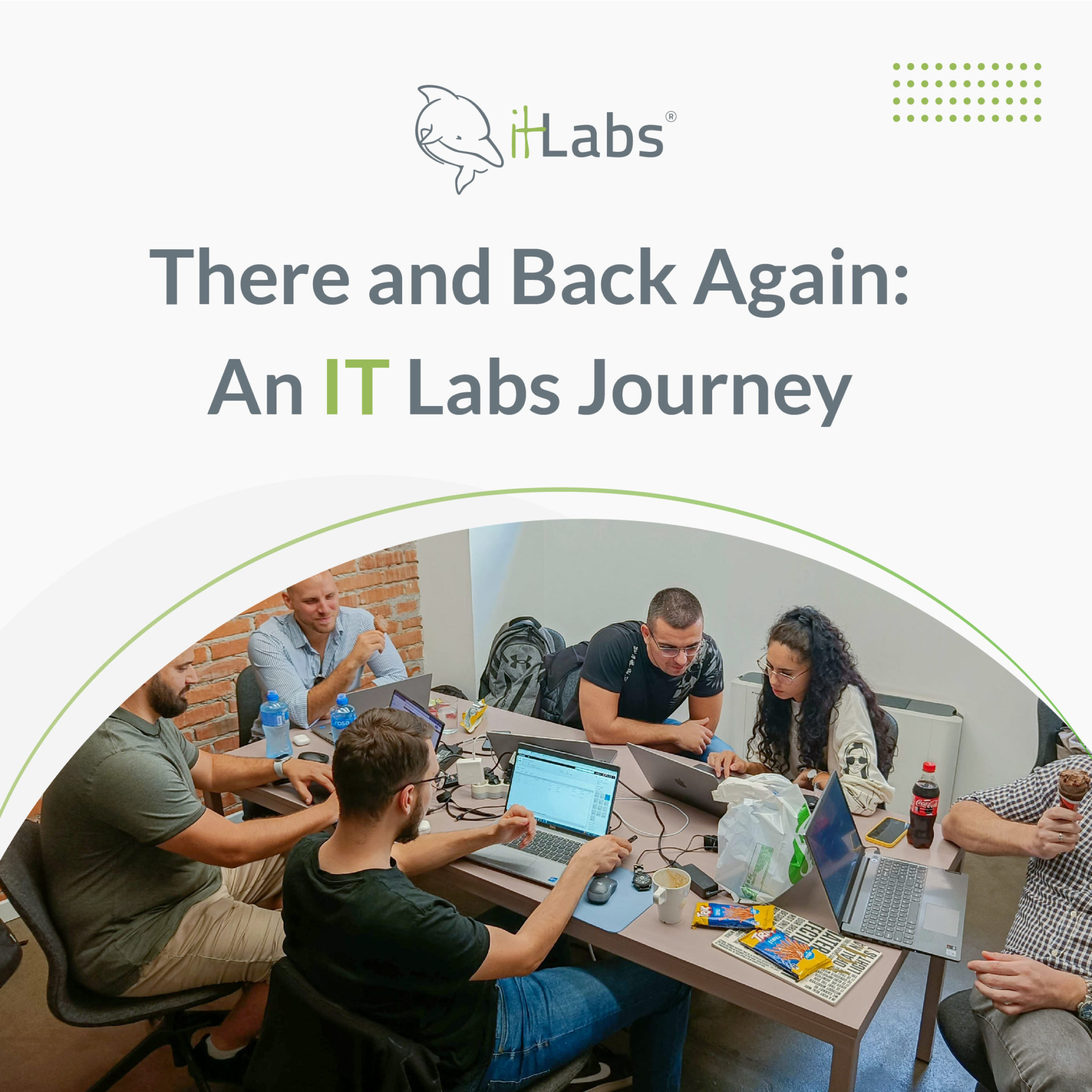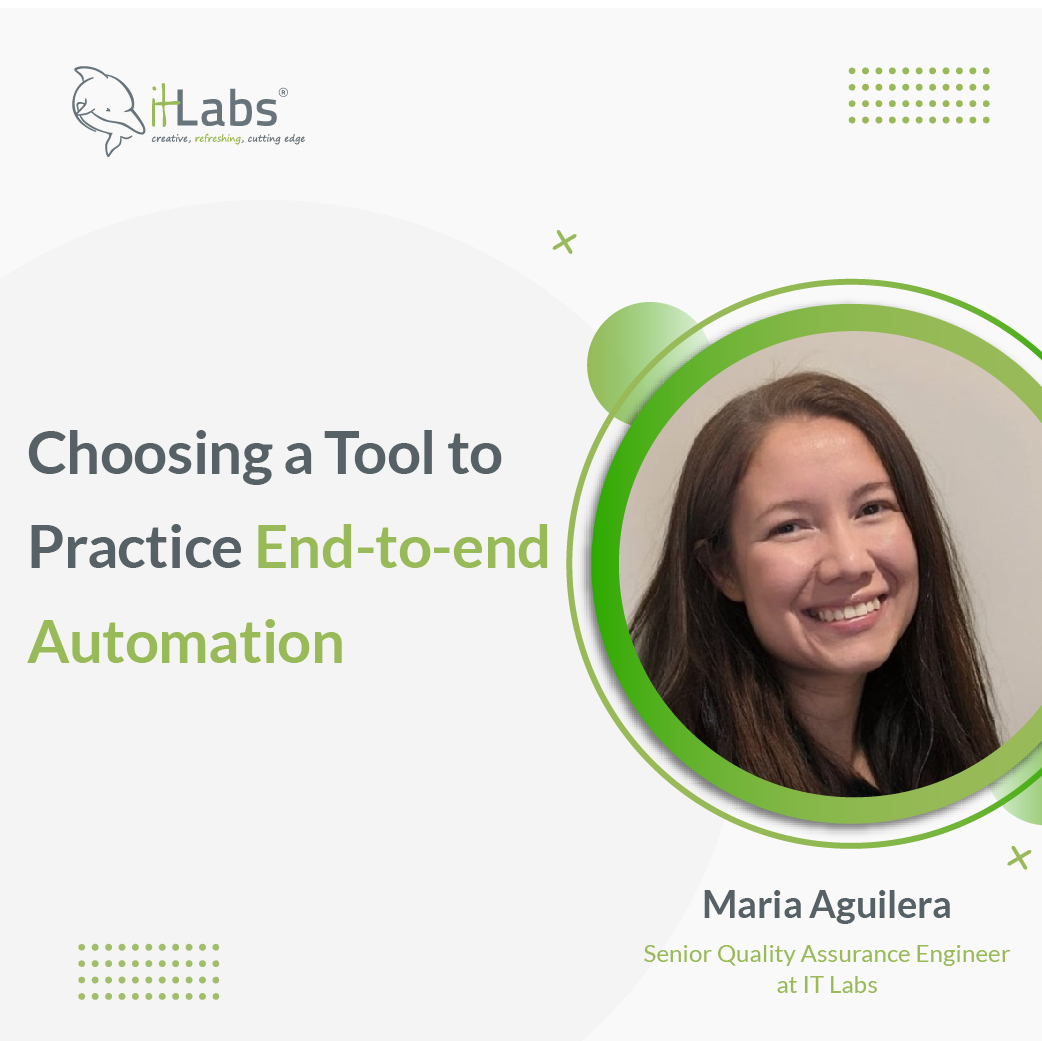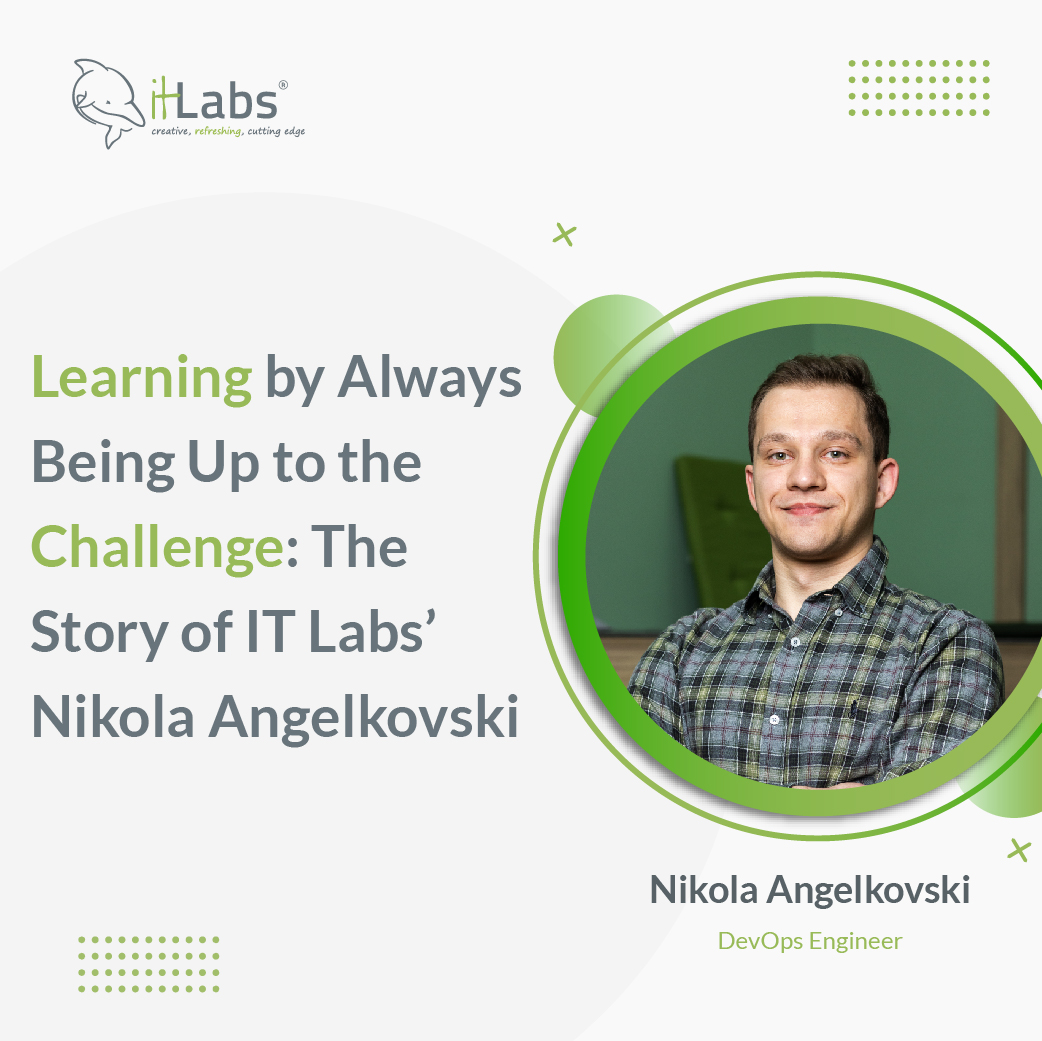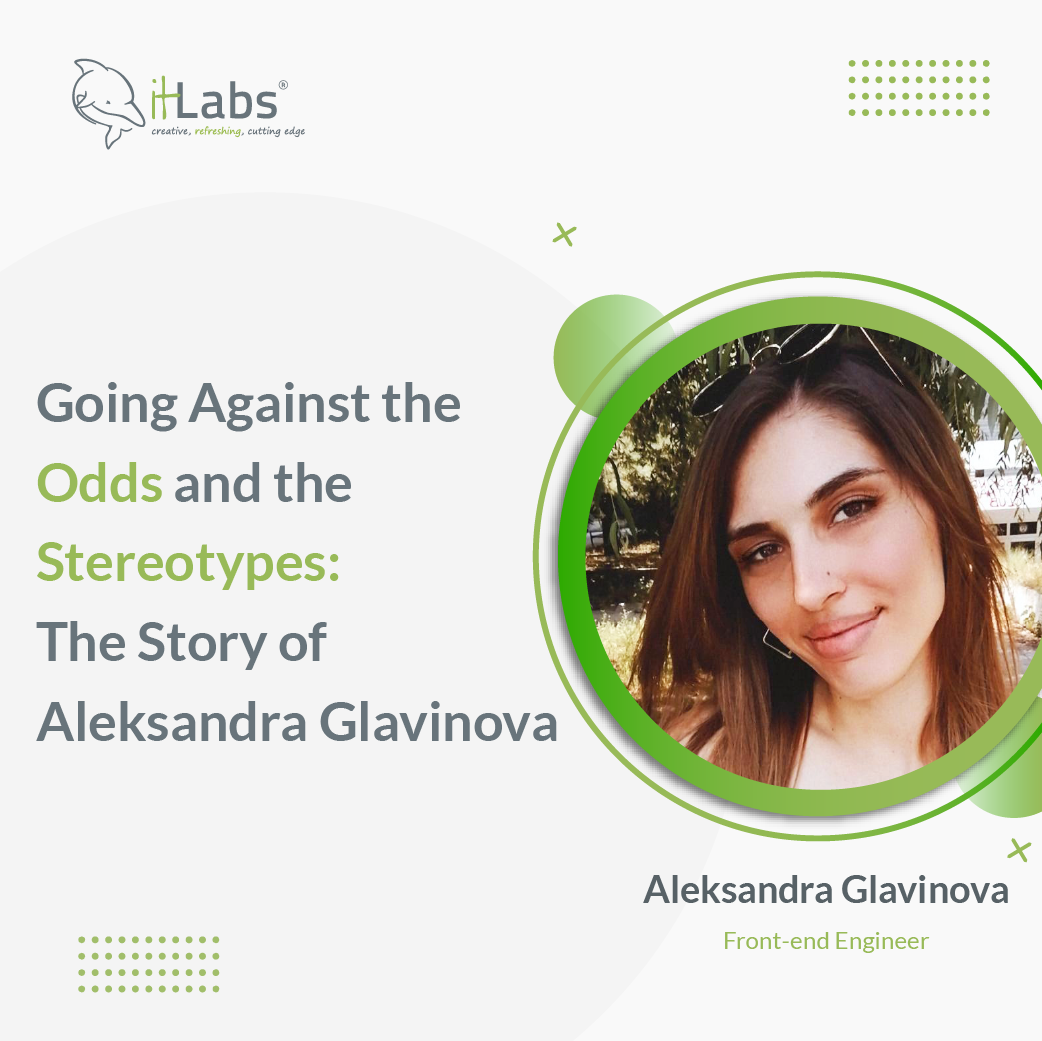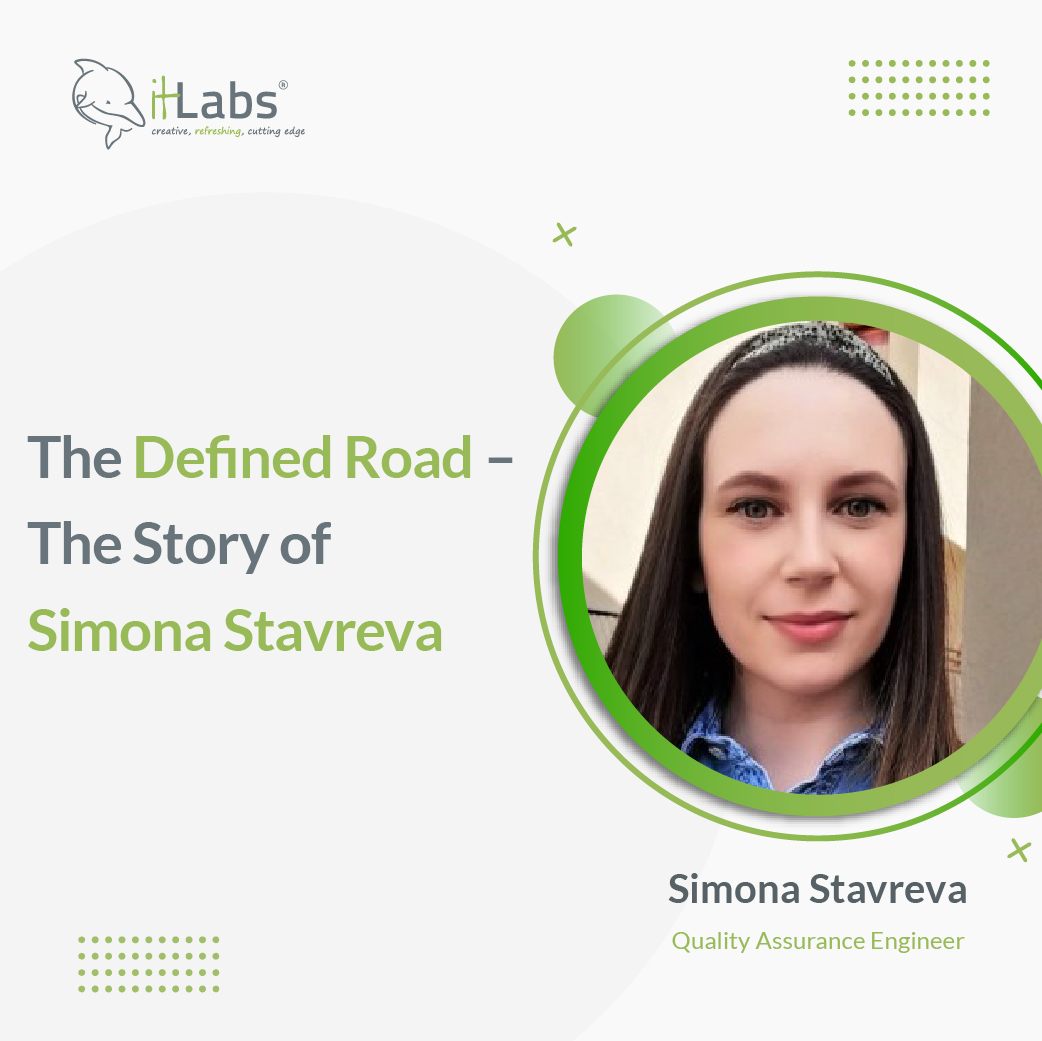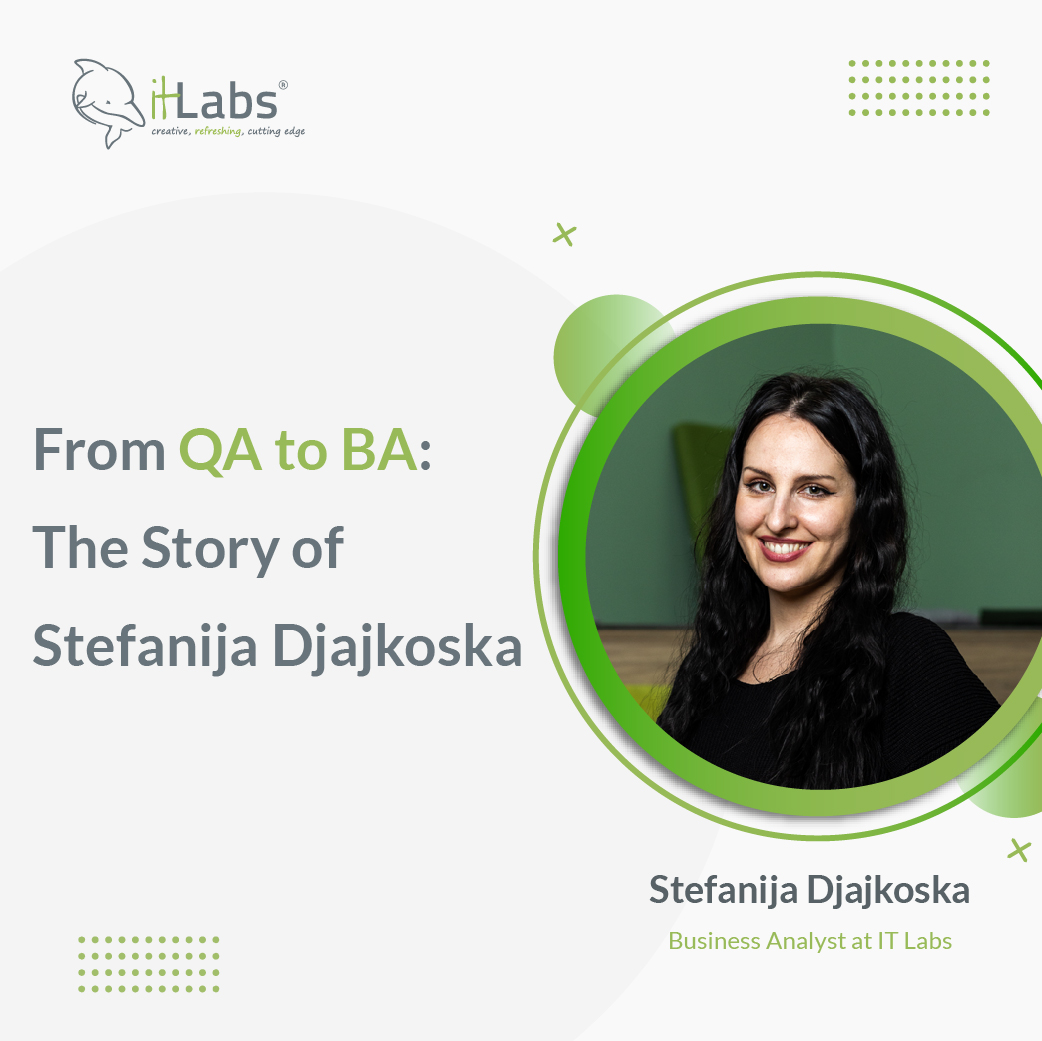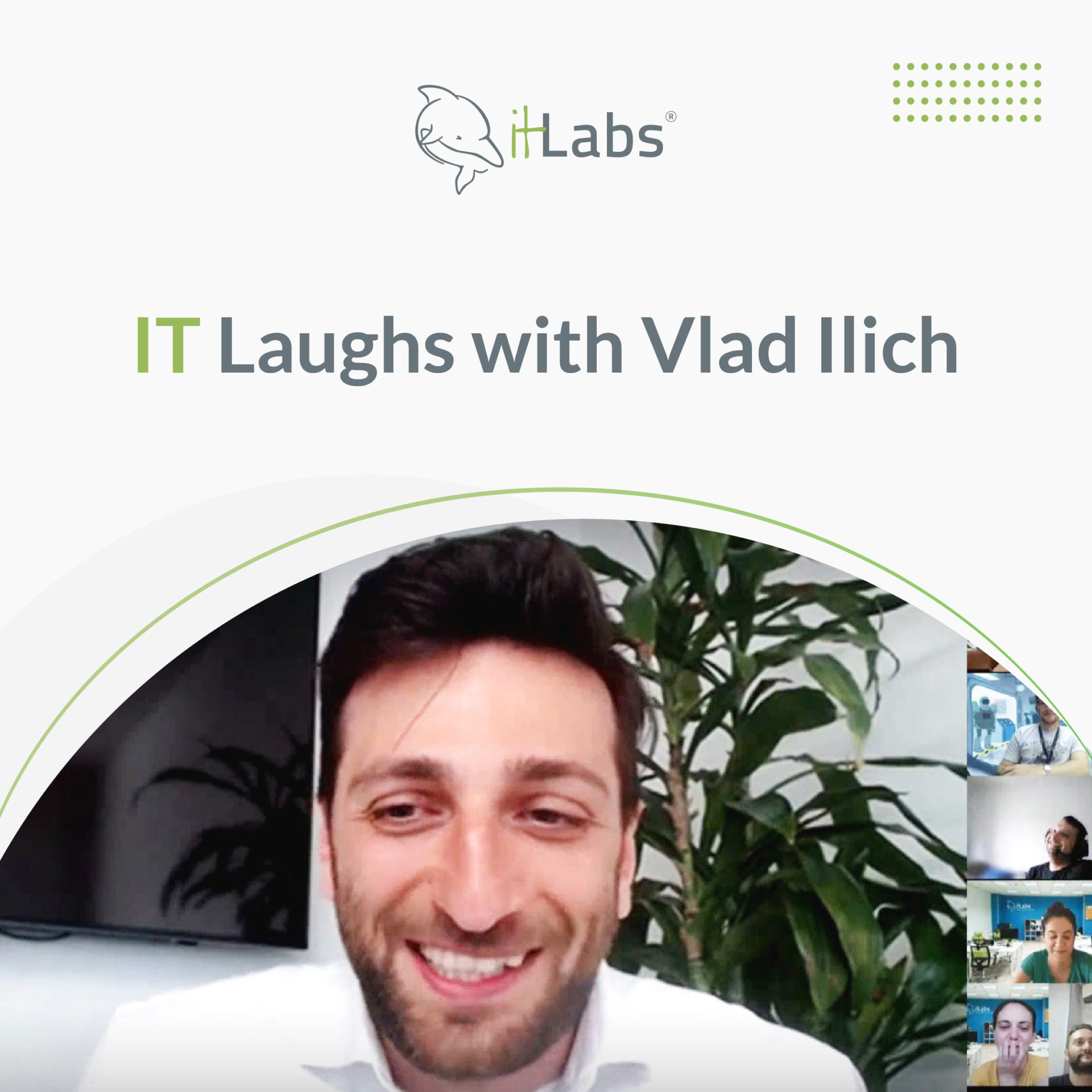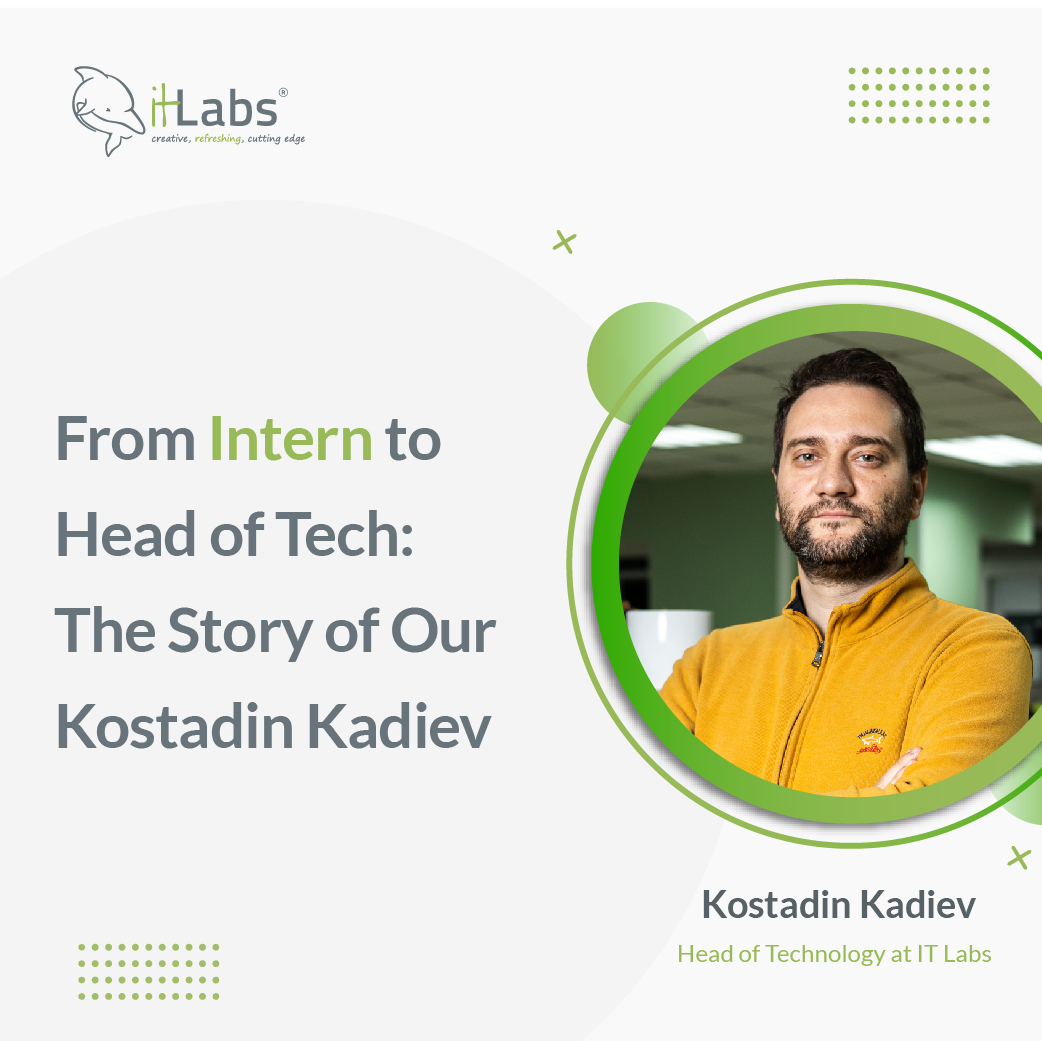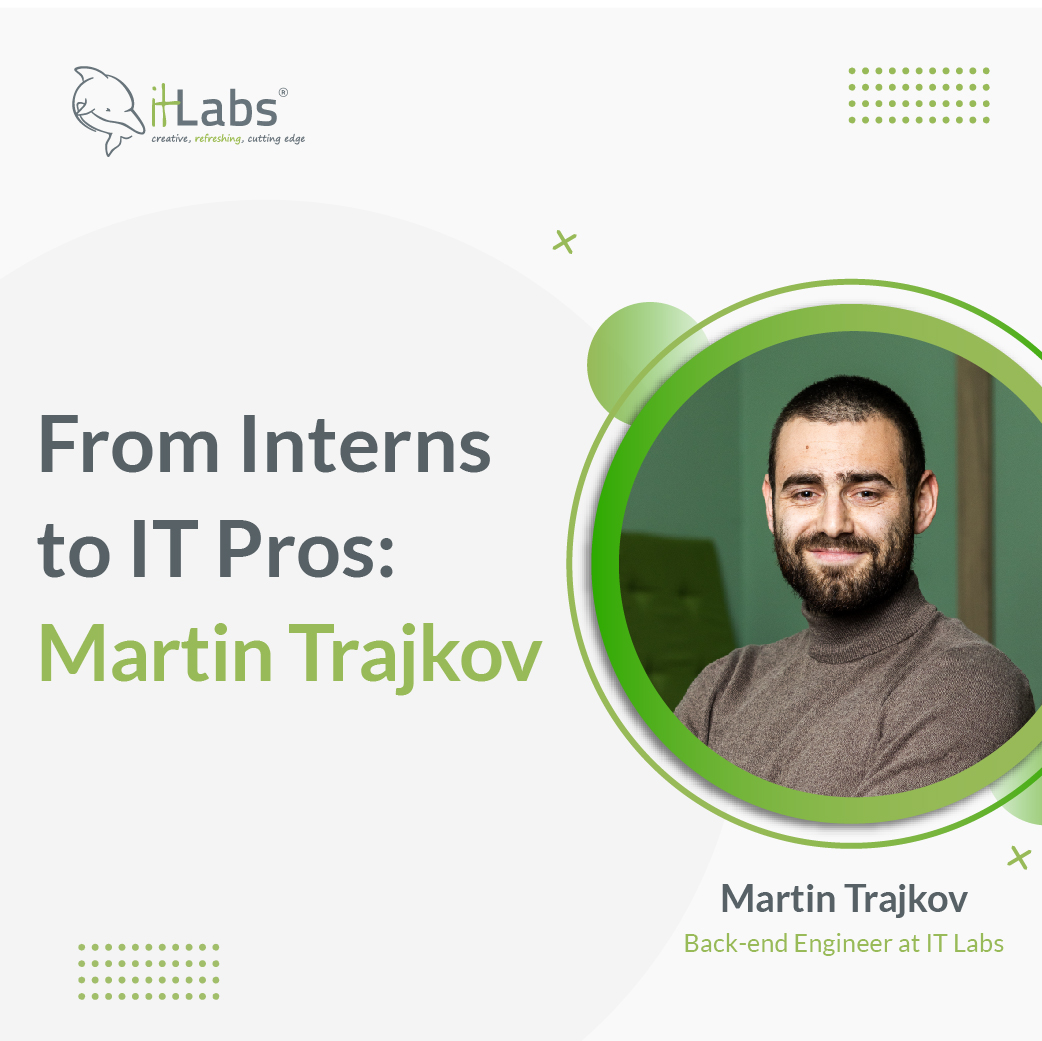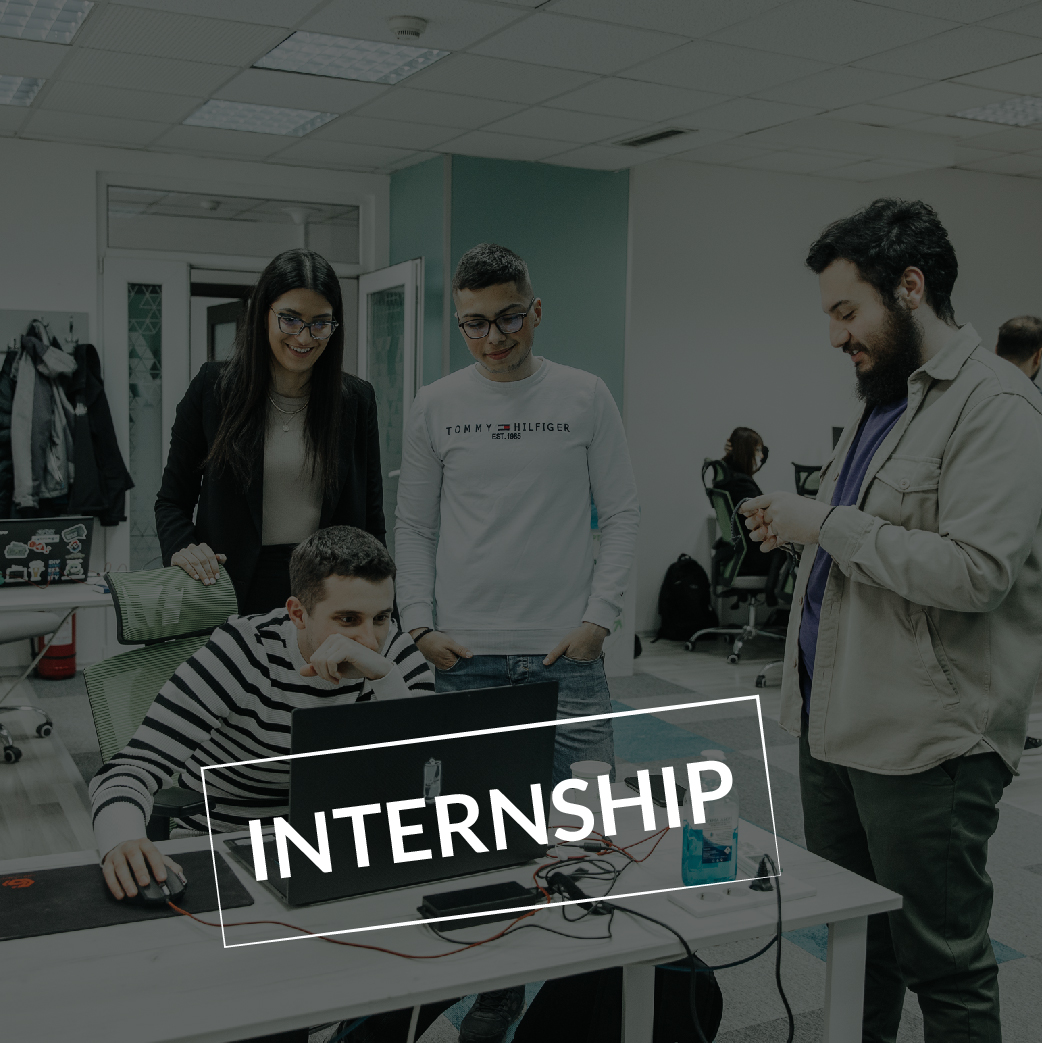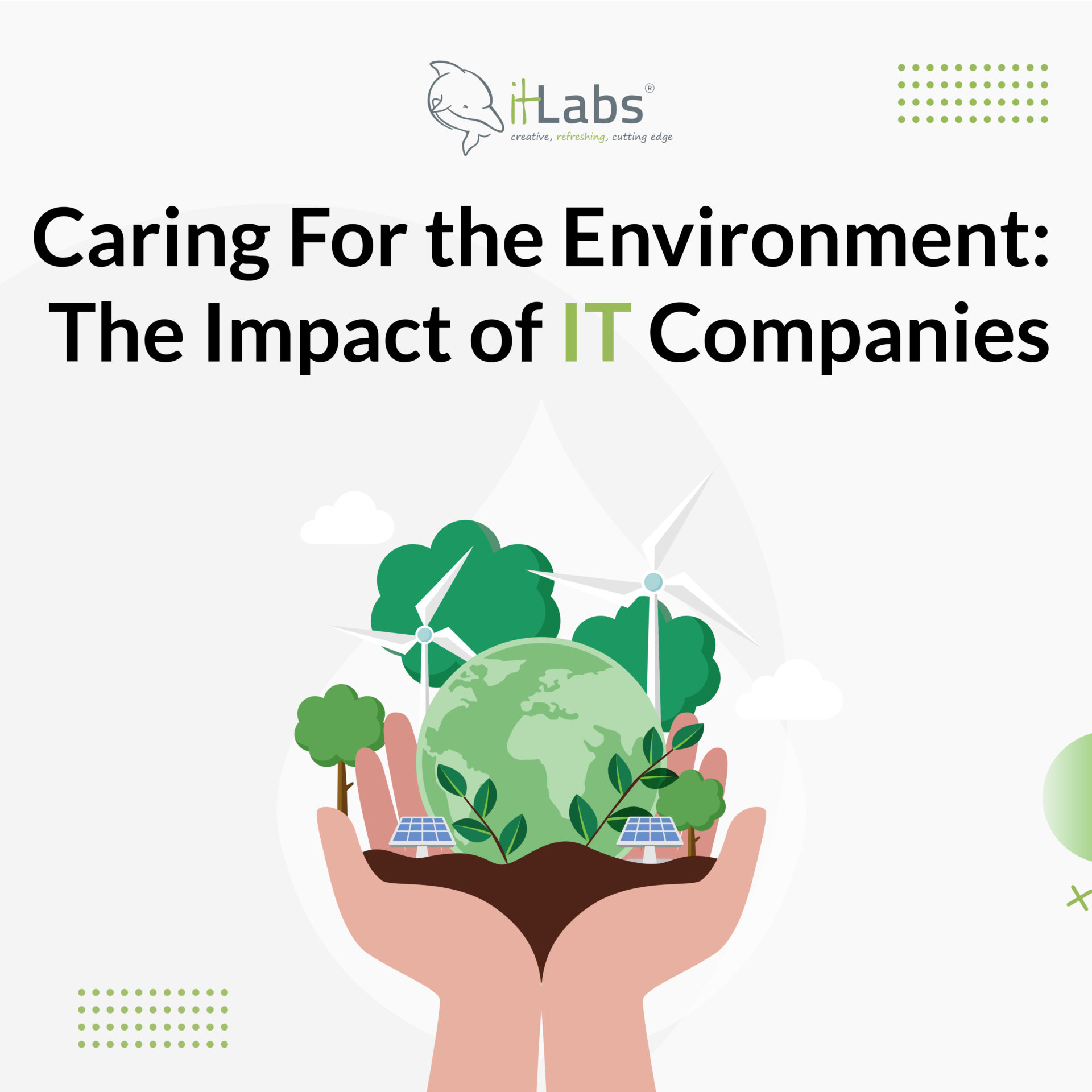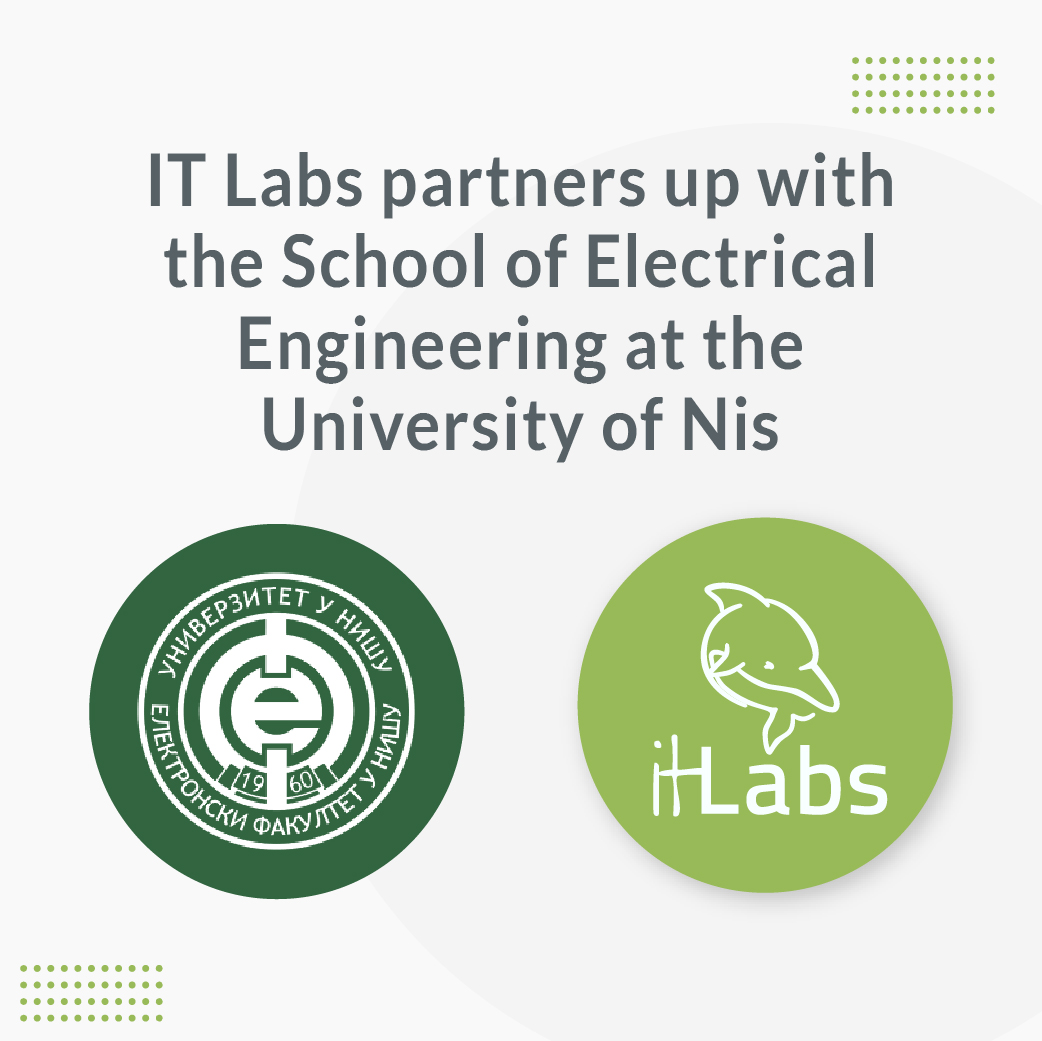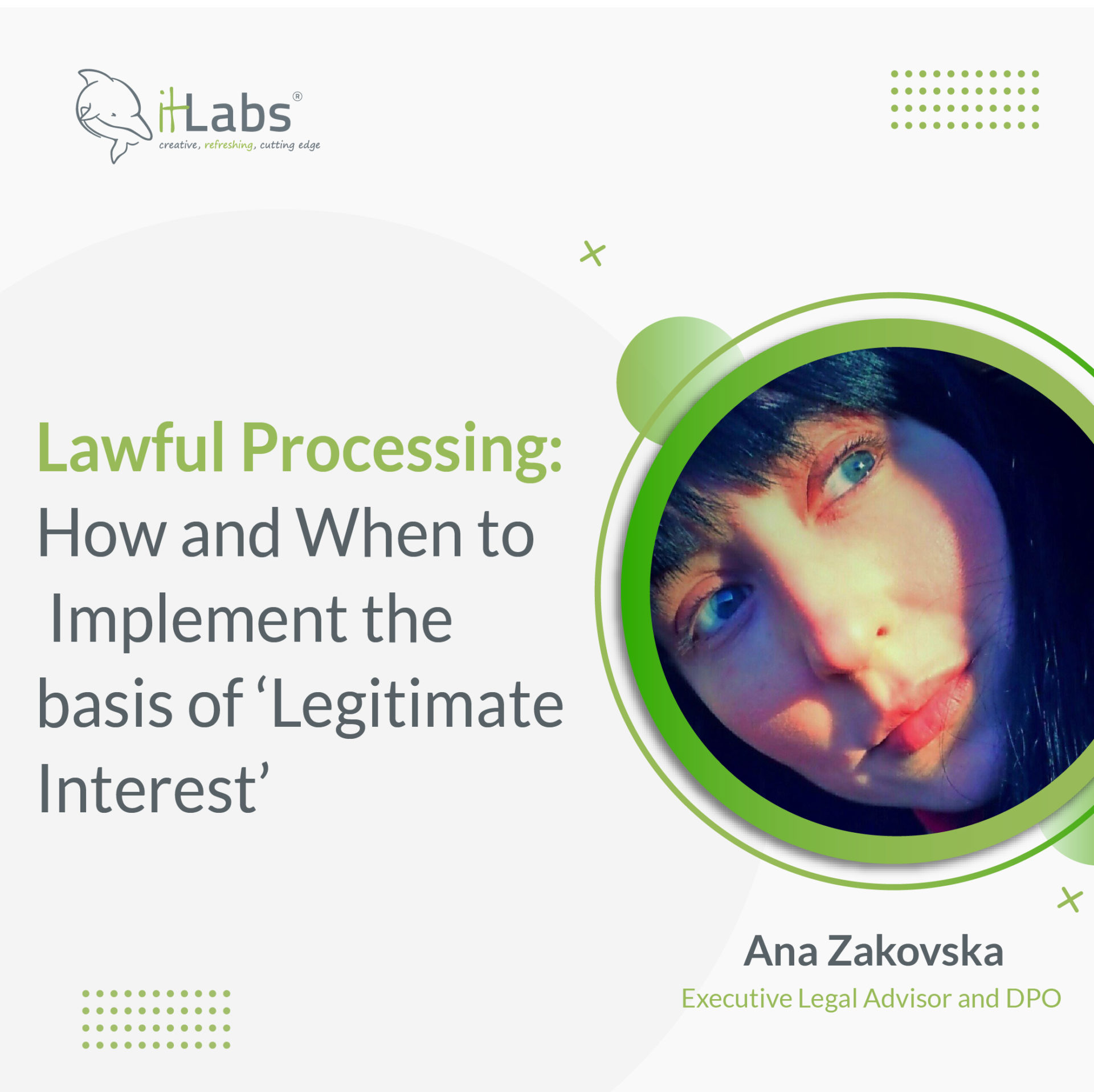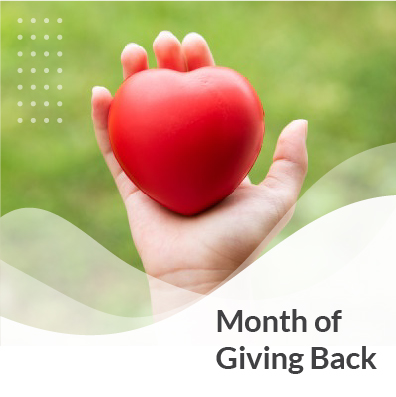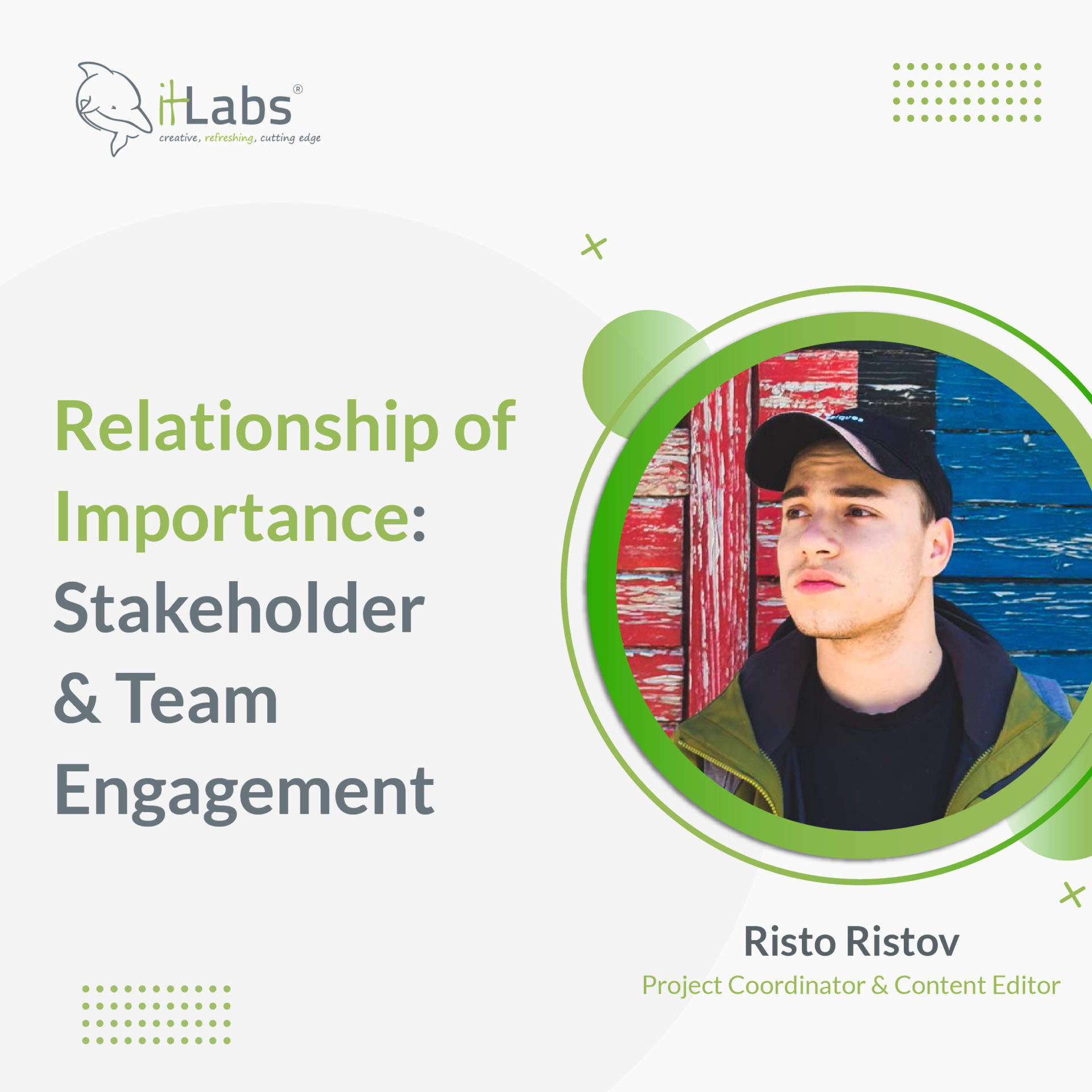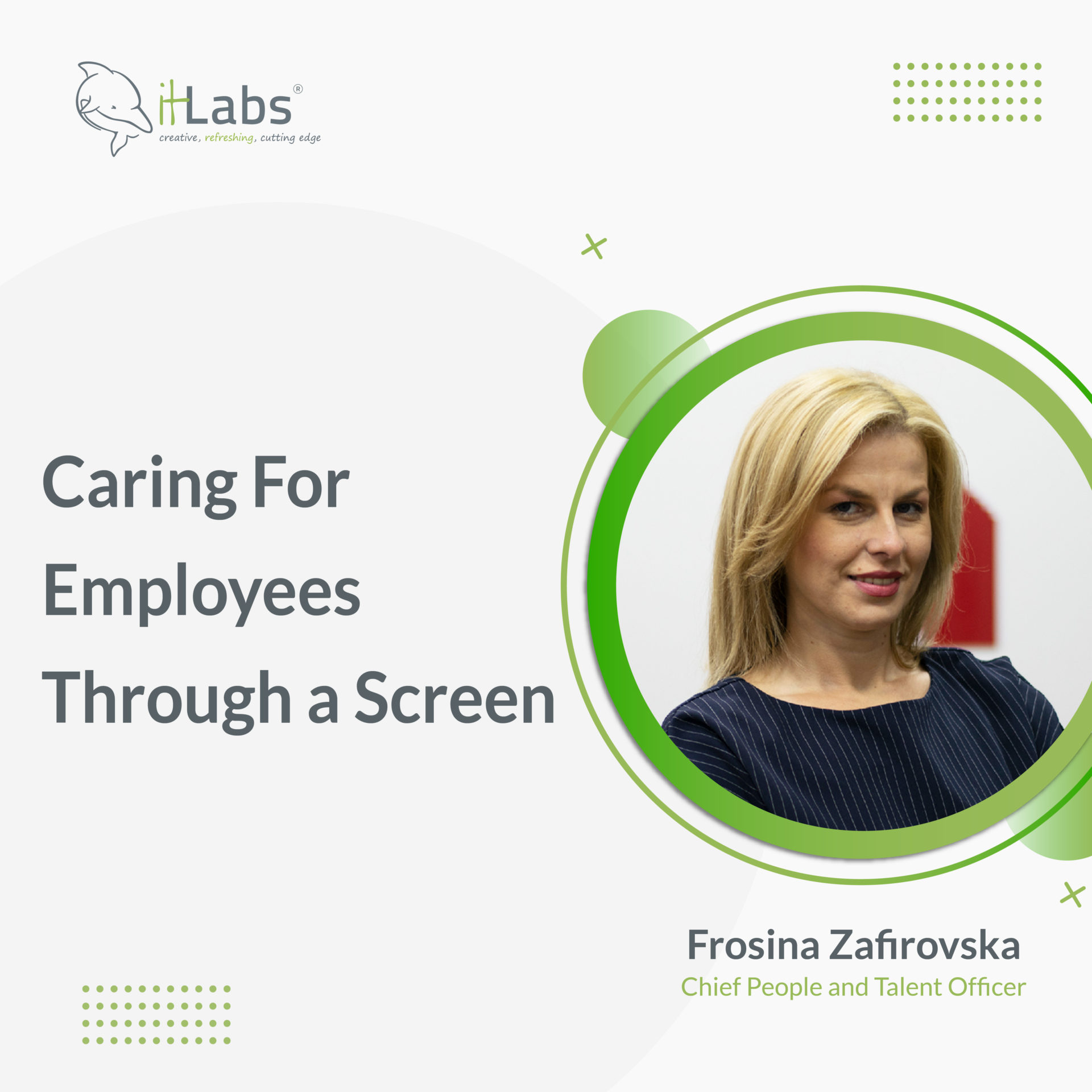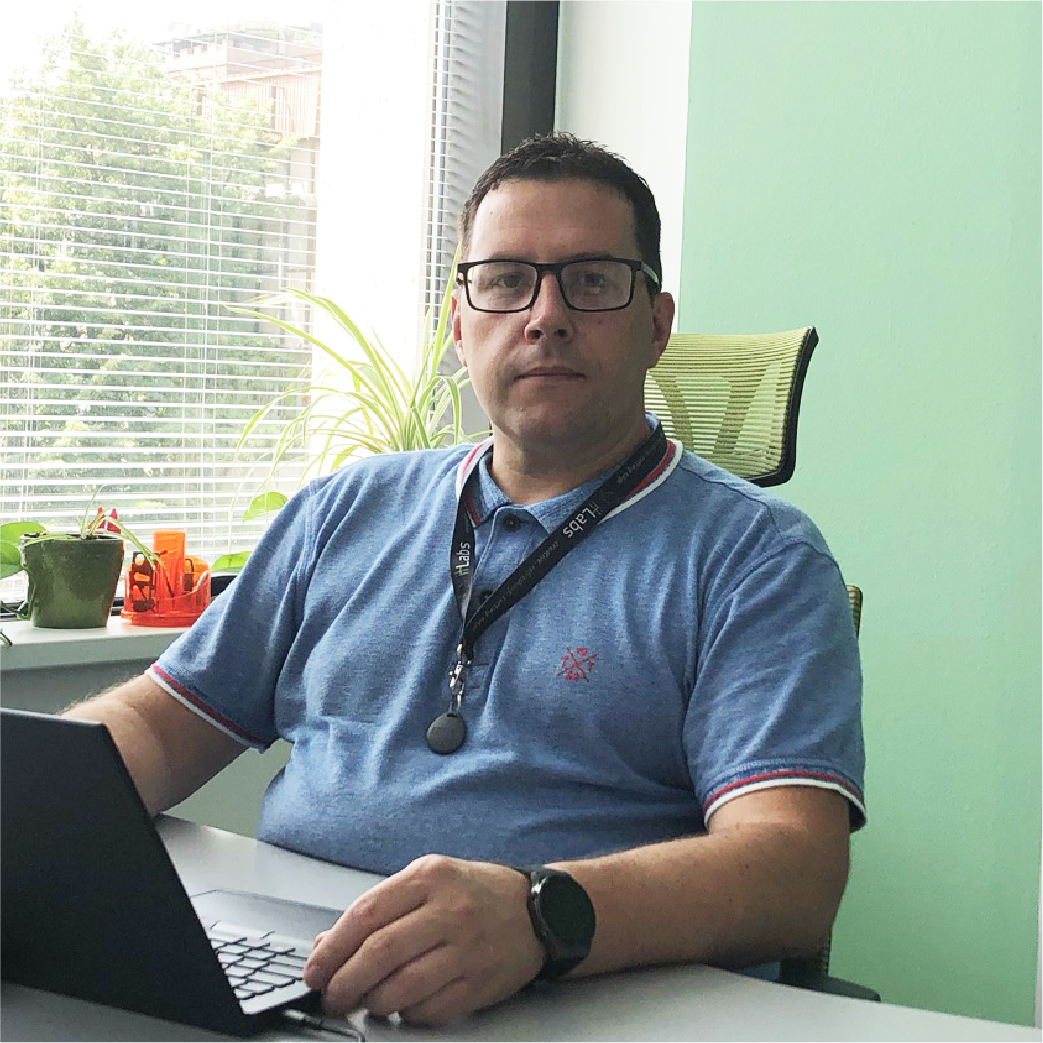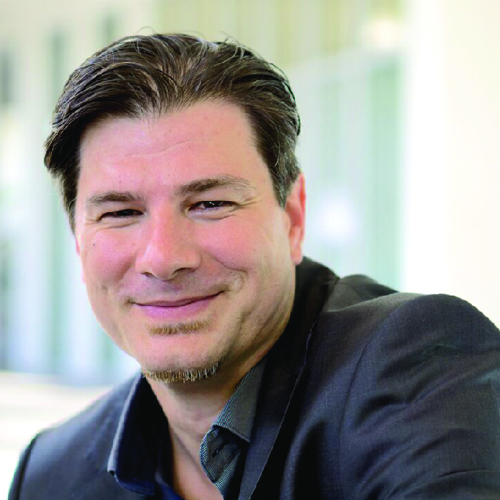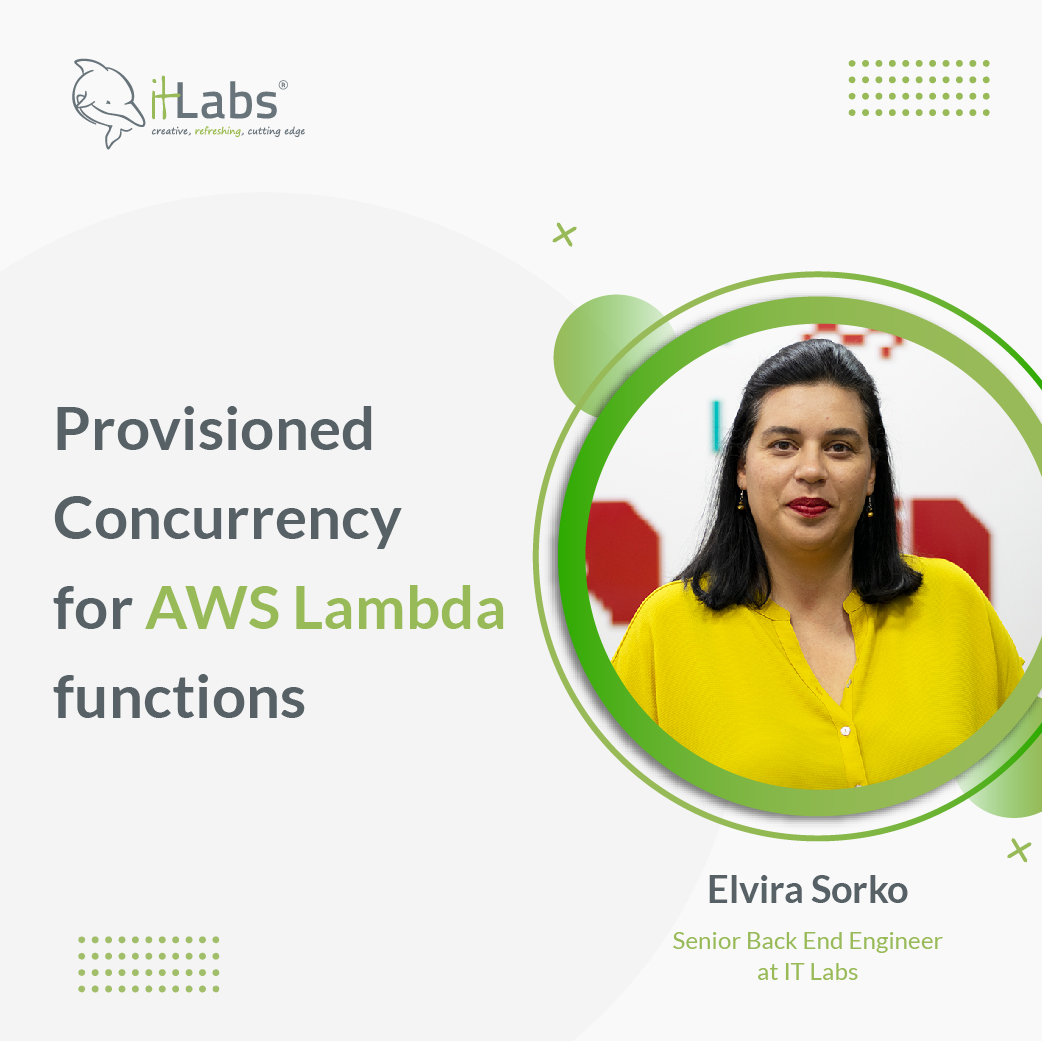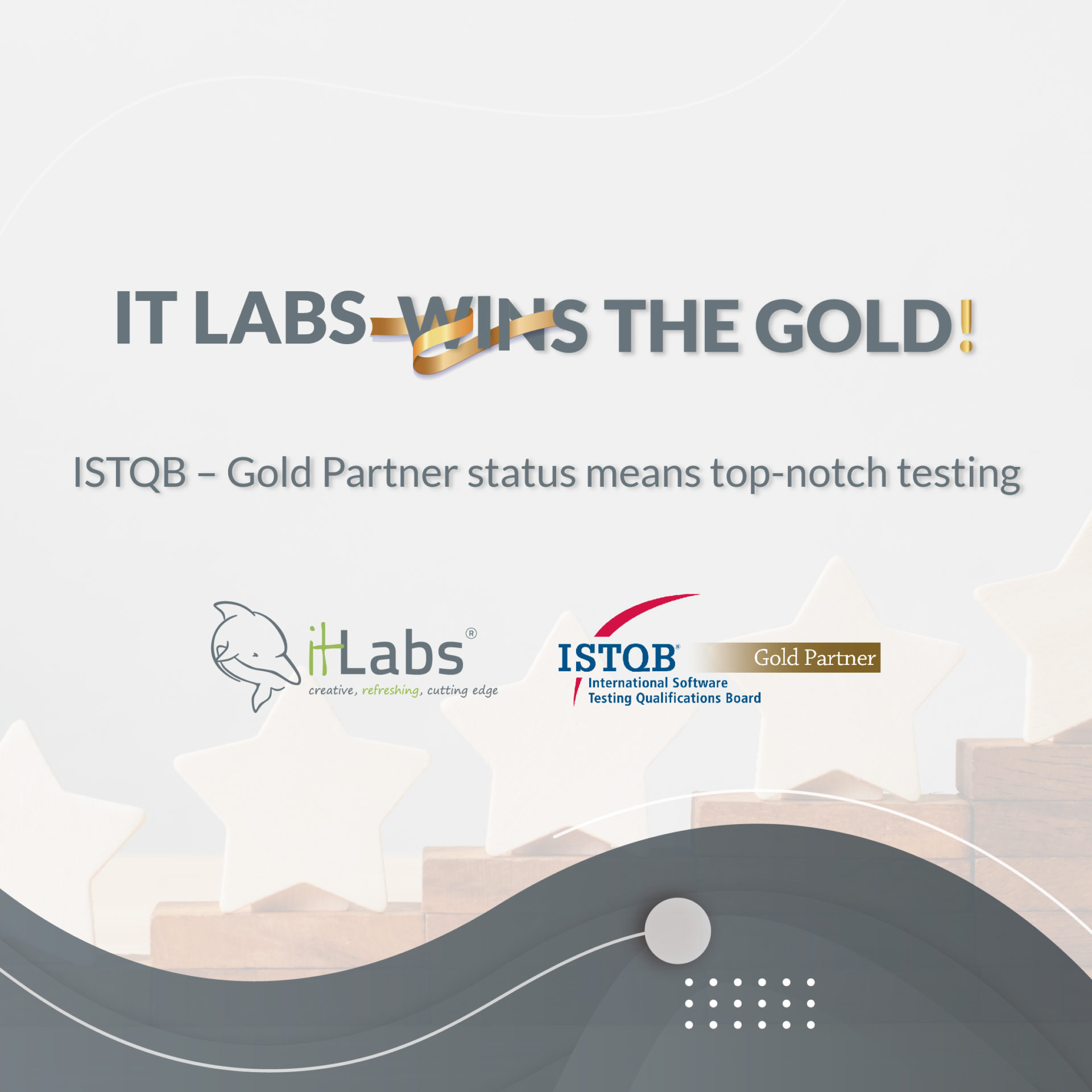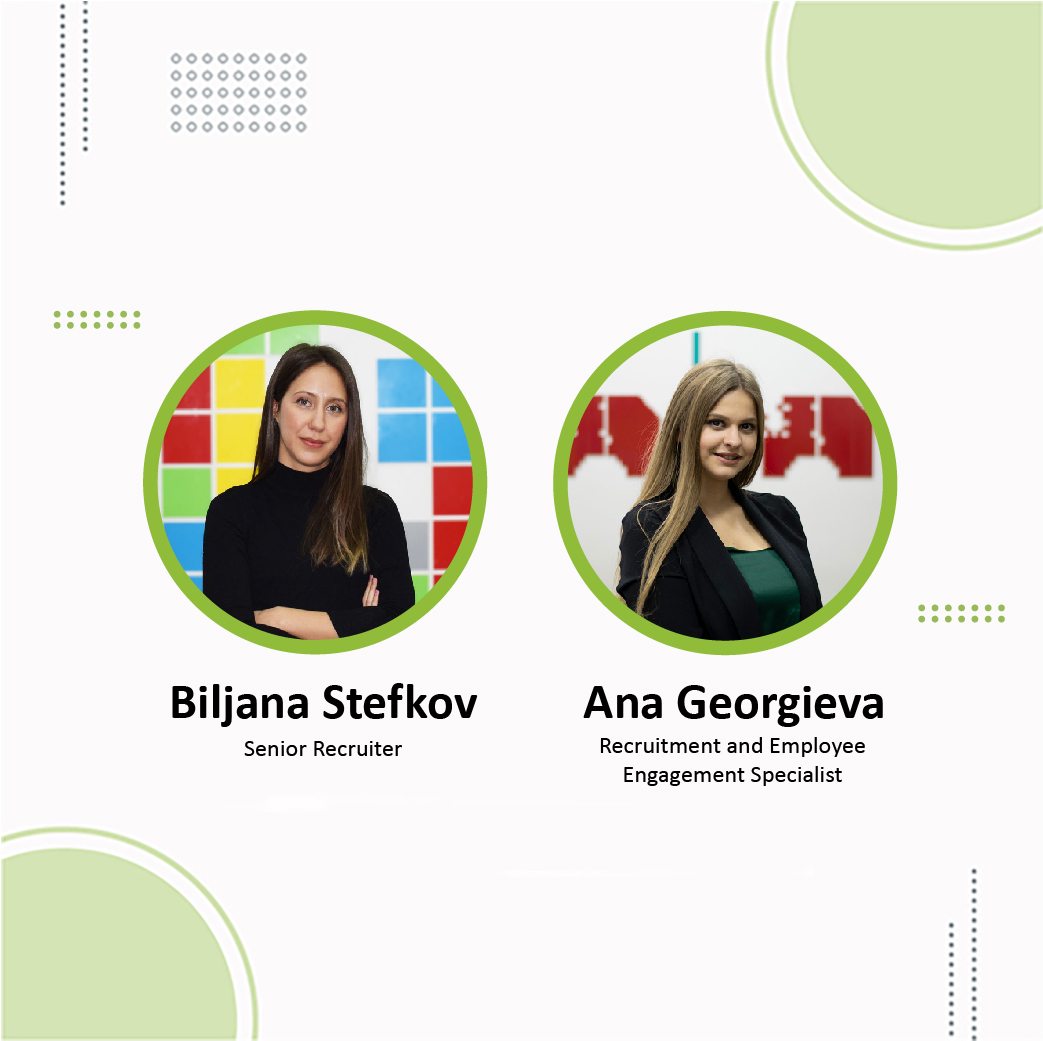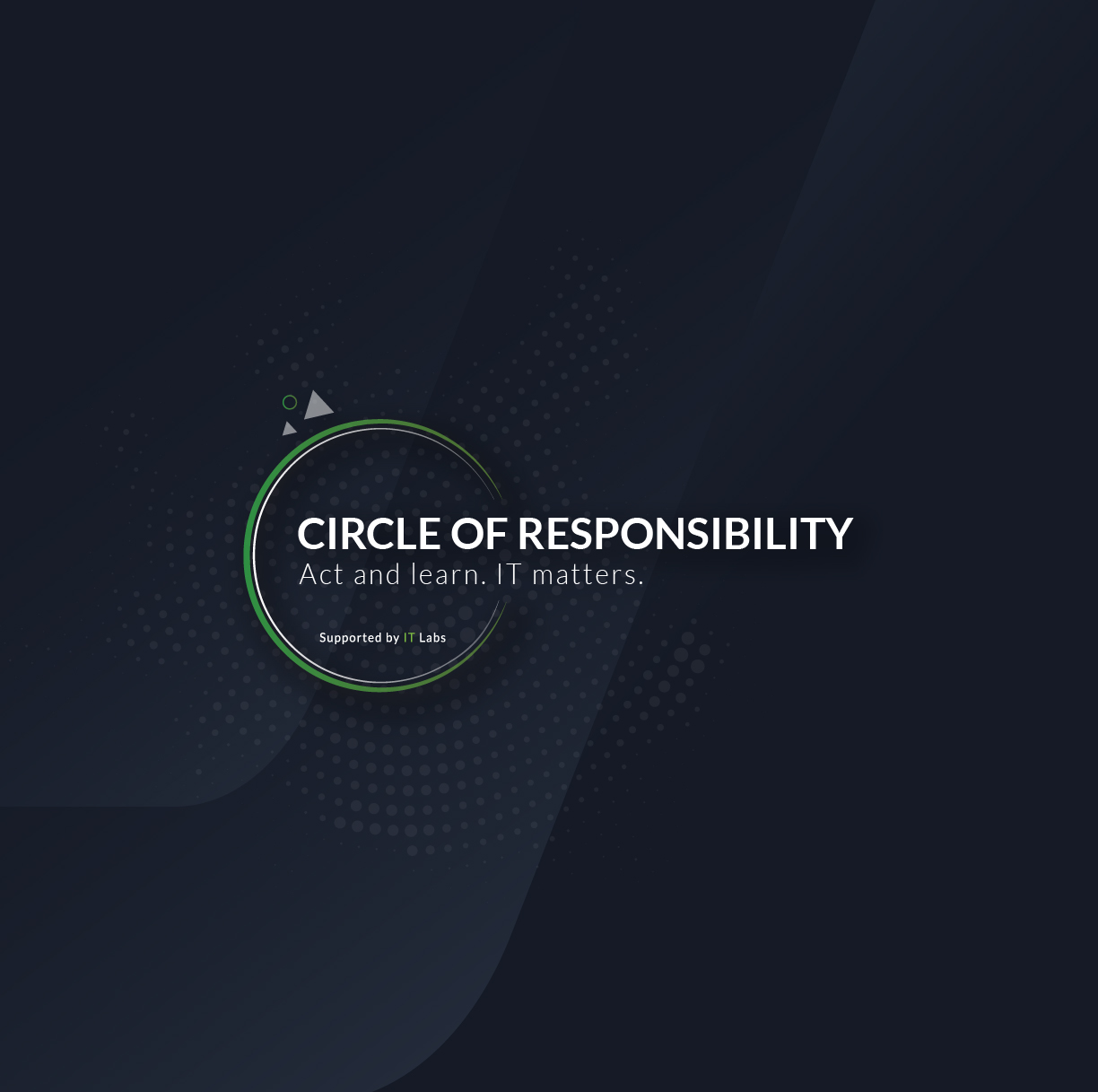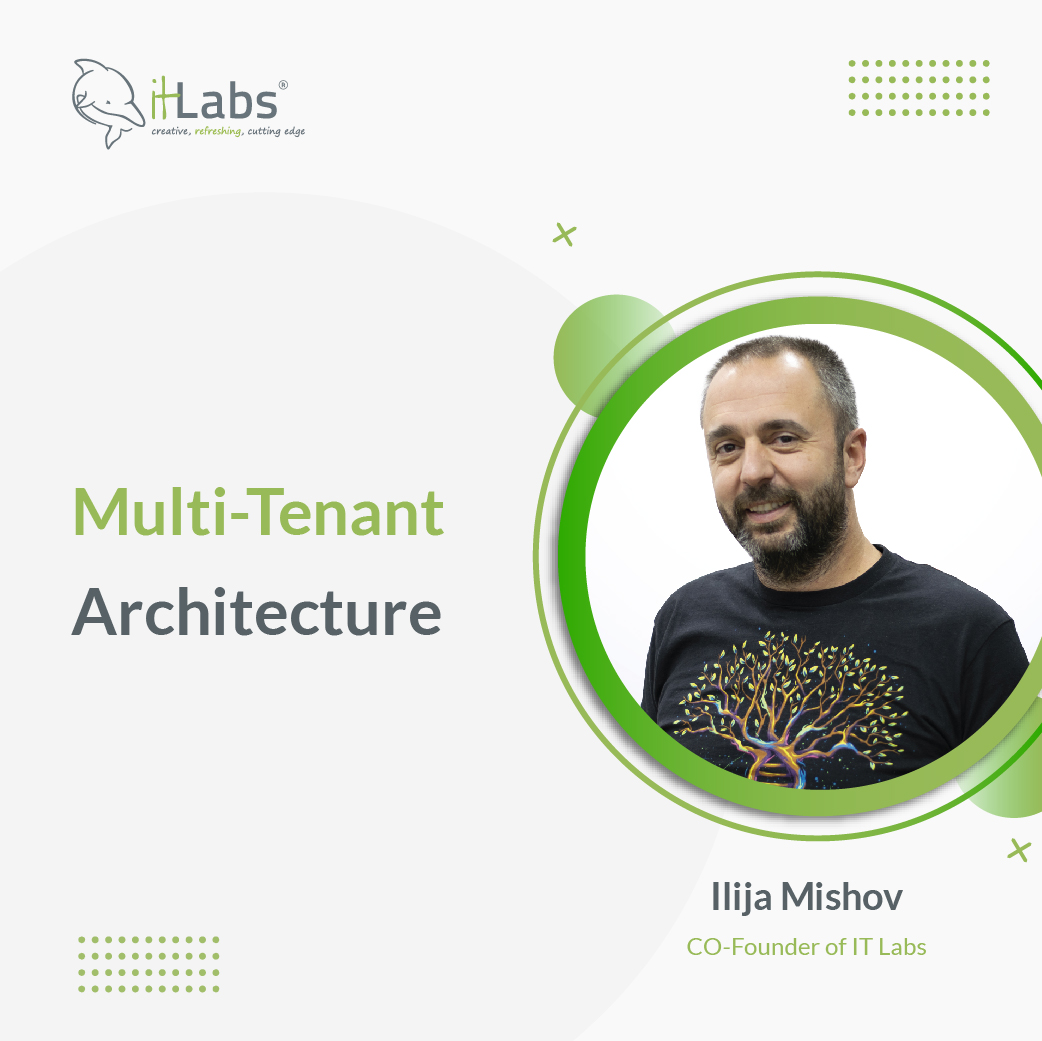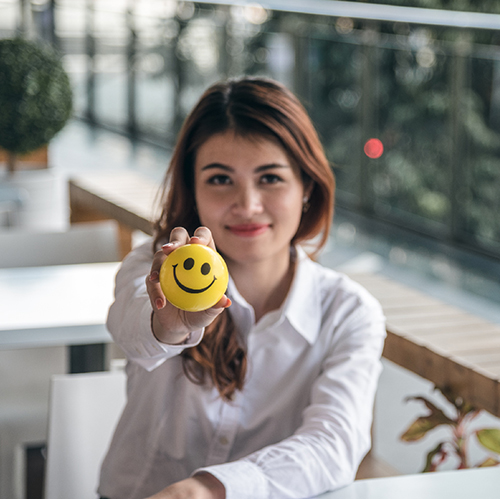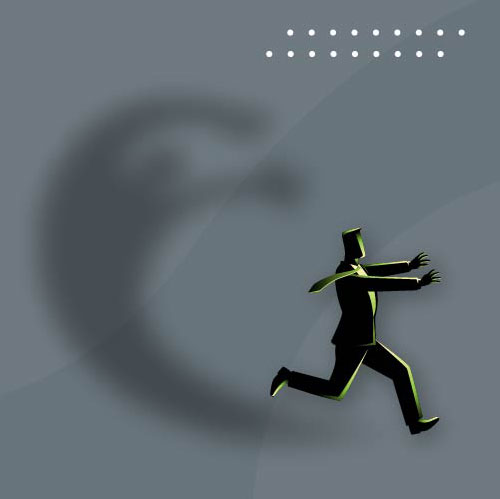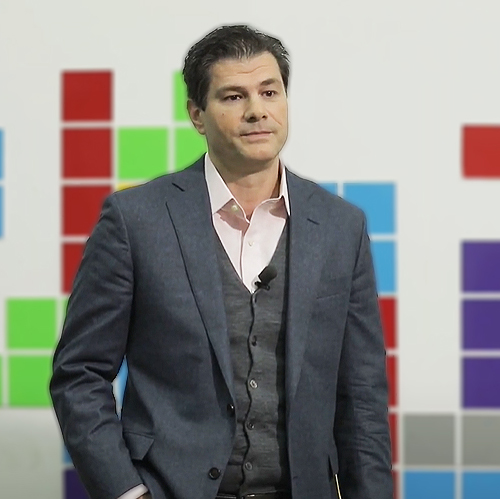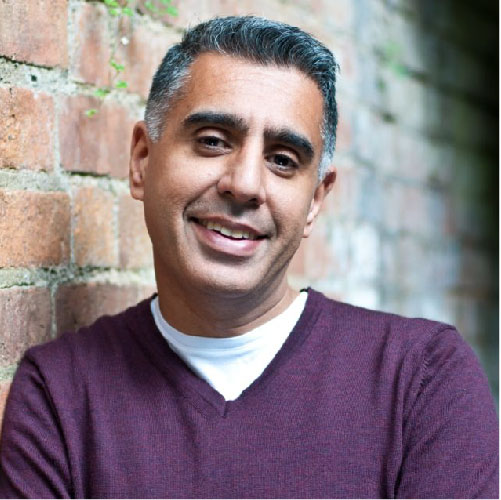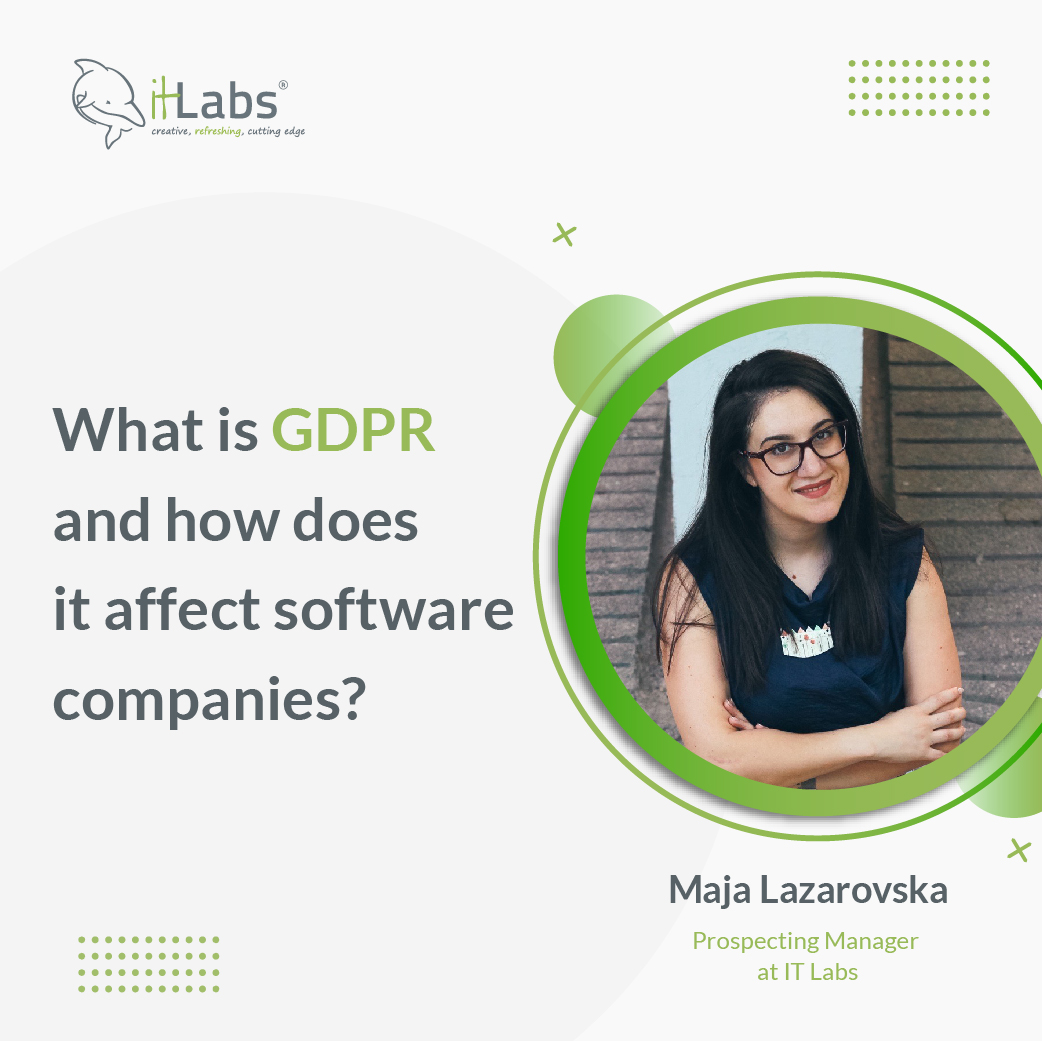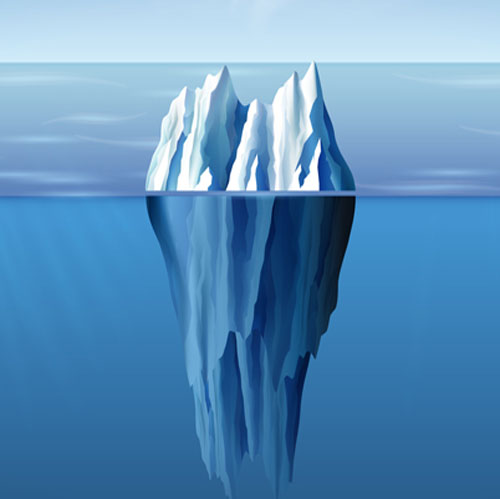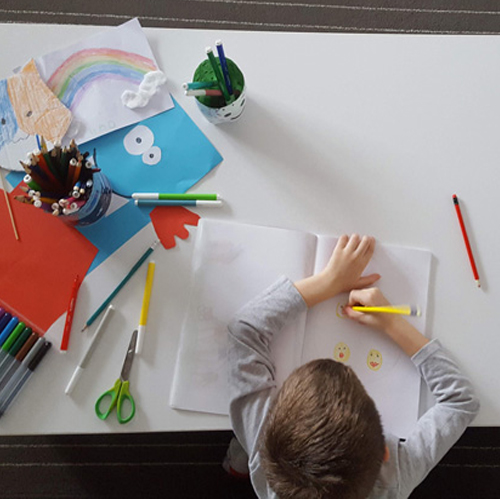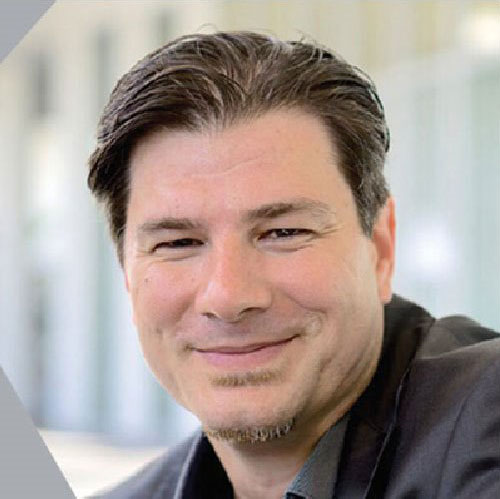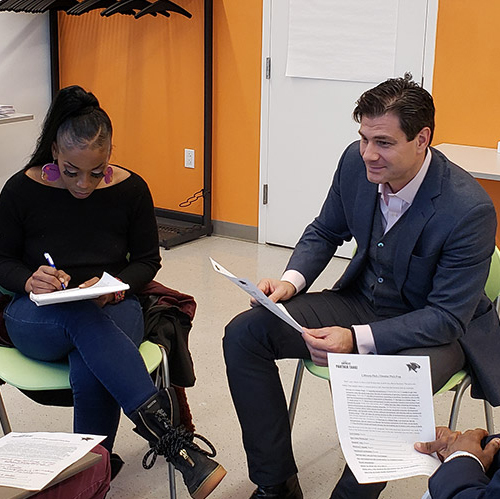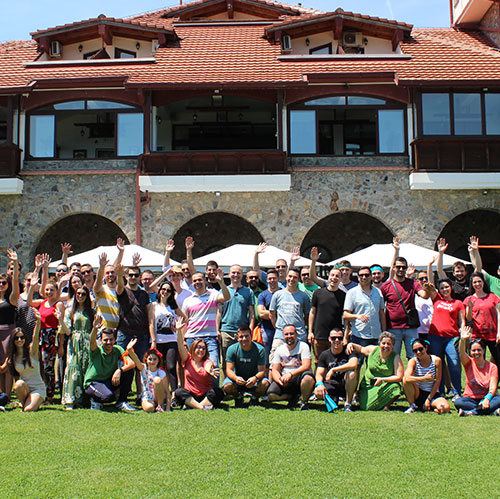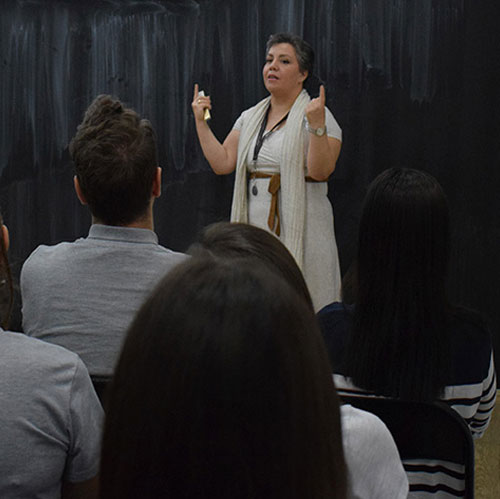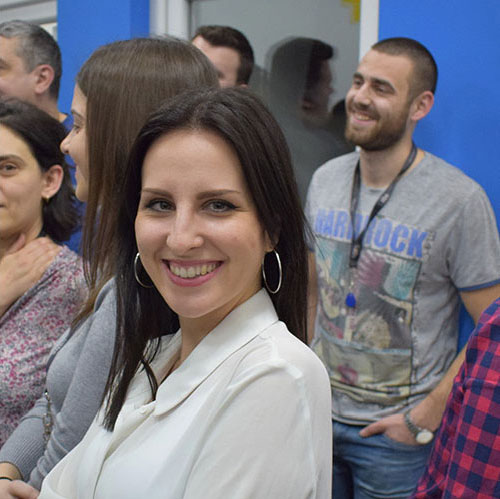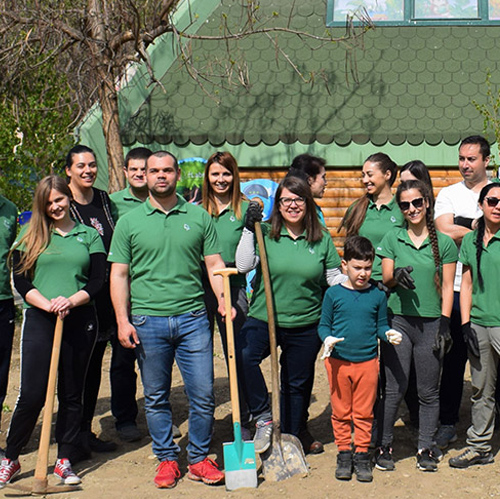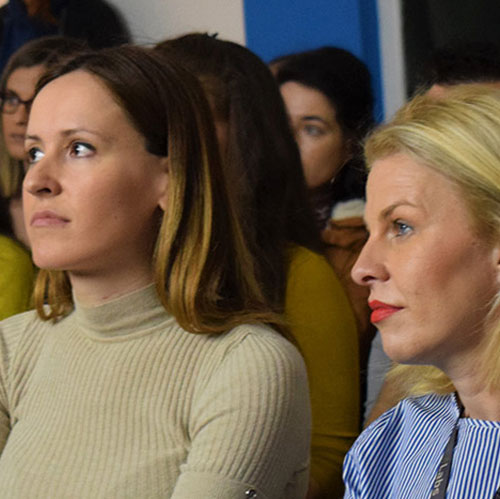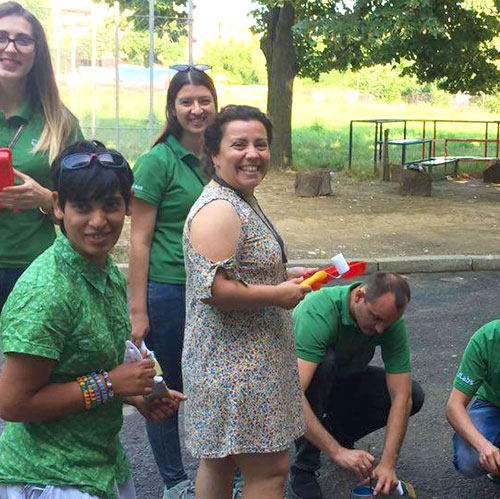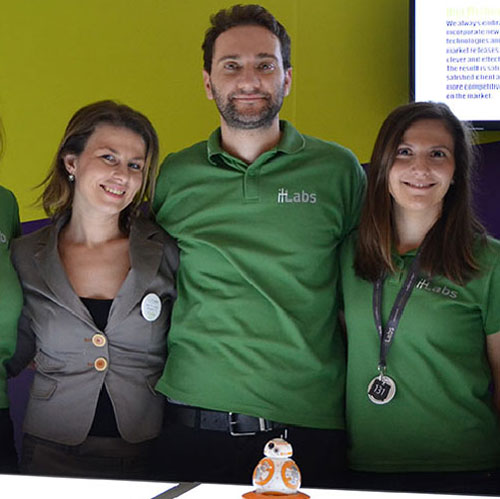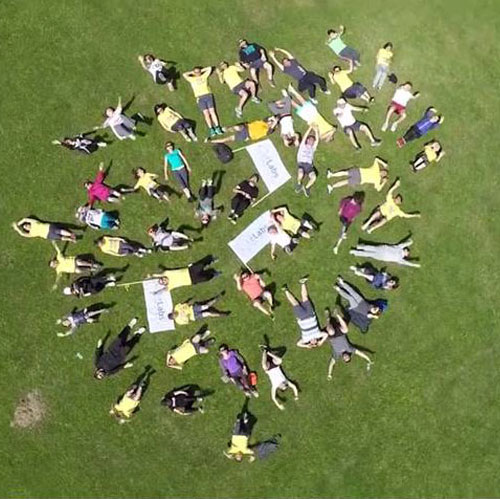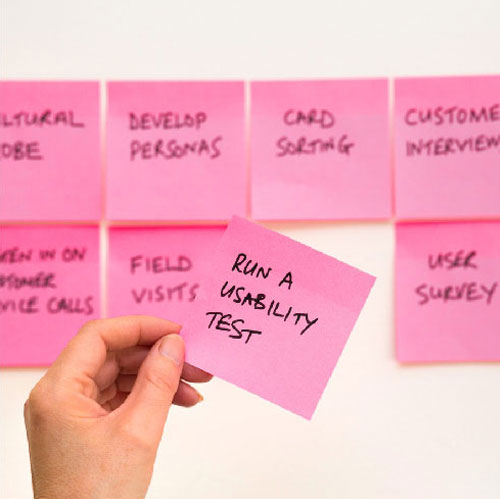It started with a question – one that we’ve all tried to answer and have read tons about:
“What’s stress? How would you describe it?”
And depending on who you ask, you might get different answers. Some of the answers out there are:
- Feeling anxious, unable to focus, fatigue
- An amplified exaggerated emotional response to circumstances that feel out of one’s control
- Pressure to achieve something that we feel is impossible to be done in a certain timeframe or a frame of certain conditions and circumstances
- The thing that makes you feel like you need to run 10km in 5sec
It is about pressure. It is about feeling tension, both physical and mental.
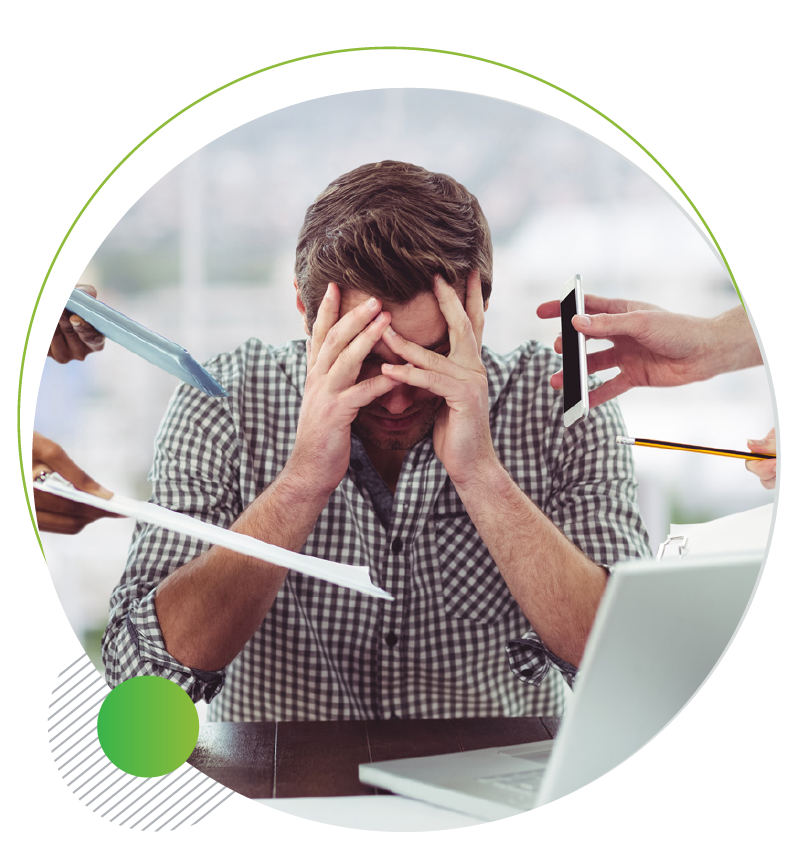
At The Core of it All
The topic of stress in our everyday lives, both professionally and personally, was a topic that we learned a lot about, and also talked about in length, in our Mind over Matter: Meditating the Noise Away session with Sergej Georgiev.
Definitions aside, this was something we did to not just find answers, but to put ourselves in action fighting this other pandemic – stress.
In all the definitions of ‘stress’ that you’ll find online, you’ll see that the concept of time is rarely mentioned, and it is the one that is most important. Most of the time we’re stressed out in the NOW, about something that might occur in the FUTURE.
We’re dreading, anticipating, and coping with an event before it even occurs.
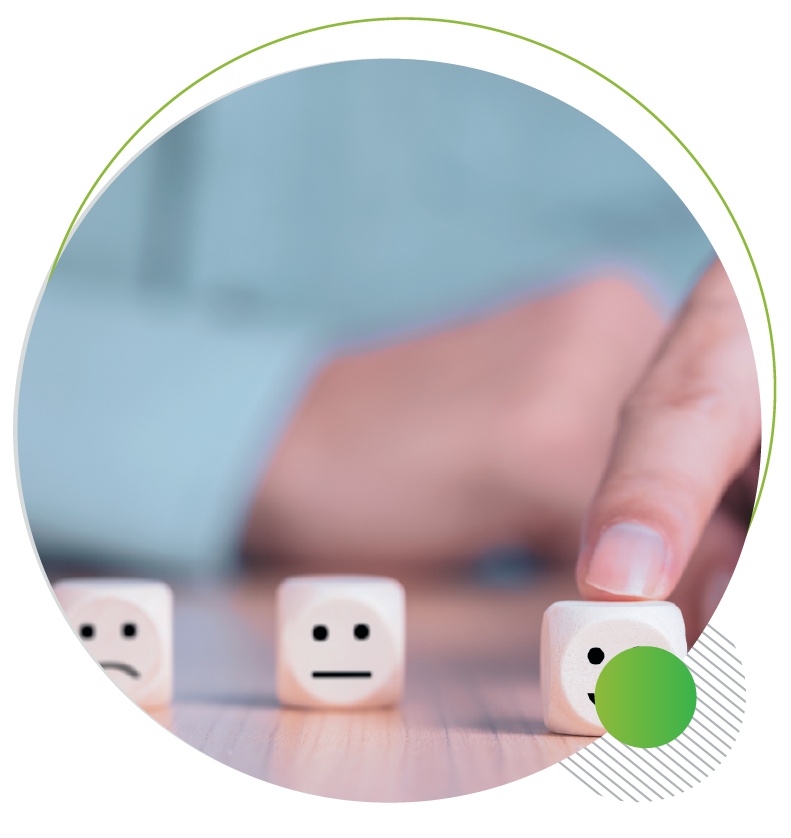
But What To Do About It?
So layers and layers of the what, defining it, but not a single why? Let’s change that.
Whenever we find ourselves in a stressful situation, the big trap that we all fall into is that this situation is somewhat different than anything we’ve faced before. We don’t prospect, we don’t measure, and we don’t assess – we just stress.
Having a black-and-white approach to these situations diffuses stress and keeps your much more relaxed. As Sergej shared his most recent stressful situation, where he got stuck at an airport, forced to take care of bureaucracy which could have made him be late and miss his flight, he talked in length about knowing what needs to be done, and not getting stuck in dreading – instead, put yourself in action.
He tried to get the documents he needed, tried to find a solution, so him and a few other people were allowed to skip the queue and move on. It sounds very simplistic and positive, but that’s not to say that Sergej wasn’t aware of the other possibility – ending up stuck in an airport.
The key takeaway from it all was the realization that it all boils down to what can we do when we’re in a stressful situation. Can we do something about it? If yes, then by all means, we should – if we decide to do so. Let’s get out of the rut.
But what happens when we can’t do something about it? This is a situation which learning how to cope with the circumstances and events is crucial – if nothing can be done to change what’s coming – an undesirable outcome, for example – than the best thing to do is completely accept the situation. This can help us avoid unneeded stress, and instead, focus on what lies ahead, and to try and work out what’s going to happen as consequence, and deal with that. In simple terms – we’re moving on without knowing that we’re moving on, which is the healthy, good thing we should be doing for ourselves.
We need to take a minute to cool off and step back in order to regain the energy to evaluate what can we actually do in the stressful situation. As we recognize the need for this “cool-off”, Sergej as certified professional coach, helps the IT Labbers get there during the Make It Zen sessions, twice a week.
OK, but Why Does This Matter?
The reason we would do well to revert to something simpler, a somewhat binary way of opinion, is that we need to learn how to adapt. Adapt our responses to external stimuli which can stop us in our day to day activities, can make us less productive, and in turn, shove us into destructive cycles – we can start catastrophizing, start dissociating, or even put the blame on someone who has nothing to do with what’s happening to us.
The key is focus – focus in moments when we most need it, but have the least strength to do it. The world has changed a lot, with the lines between the personal and the professional becoming blurred for some, while for others that line is becoming a wedge, a problem that makes them feel that they cannot lead their lives the way they want to, how they want to.
Meditation will probably not cure the world of excessive stress, but at the very least, it can give us the breathing space that we need when the going gets tough – and sometimes that’s more than enough. Sometimes we just need a break.

Conclusion
Stress is not always bad – it can spur us on to create amazing things. That little bit of pressure can be the difference-maker in many cases, but as it seems, excessive stress in longer periods will do more harm than good.
And in a world in which everyone seems to be online, available, and just a few clicks away, we need to find ways to rest our mind, and to keep it out (at least temporarily) of the chaos and all the noise, so that we can keep learning, keep growing, and remain our best selves.


